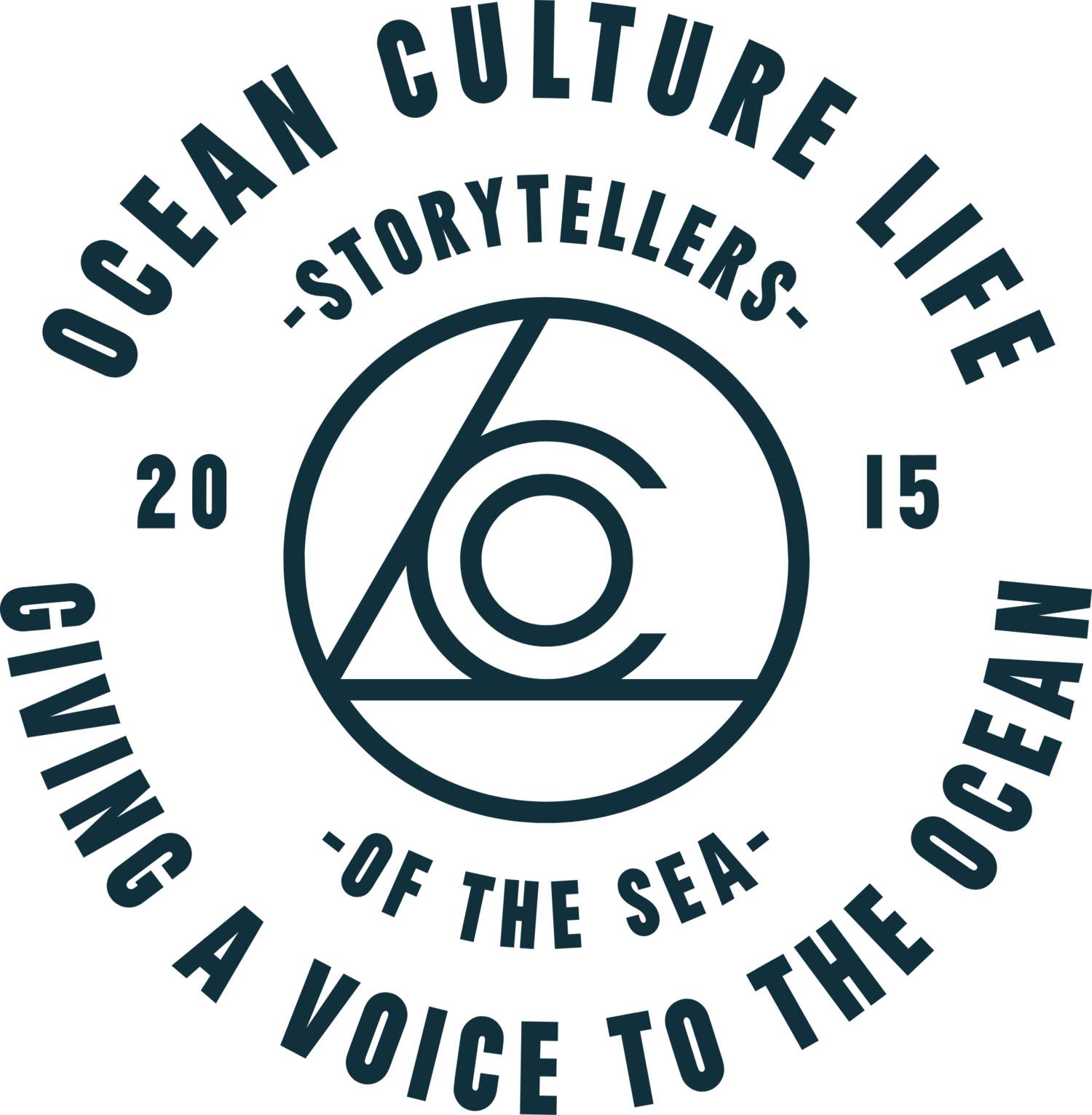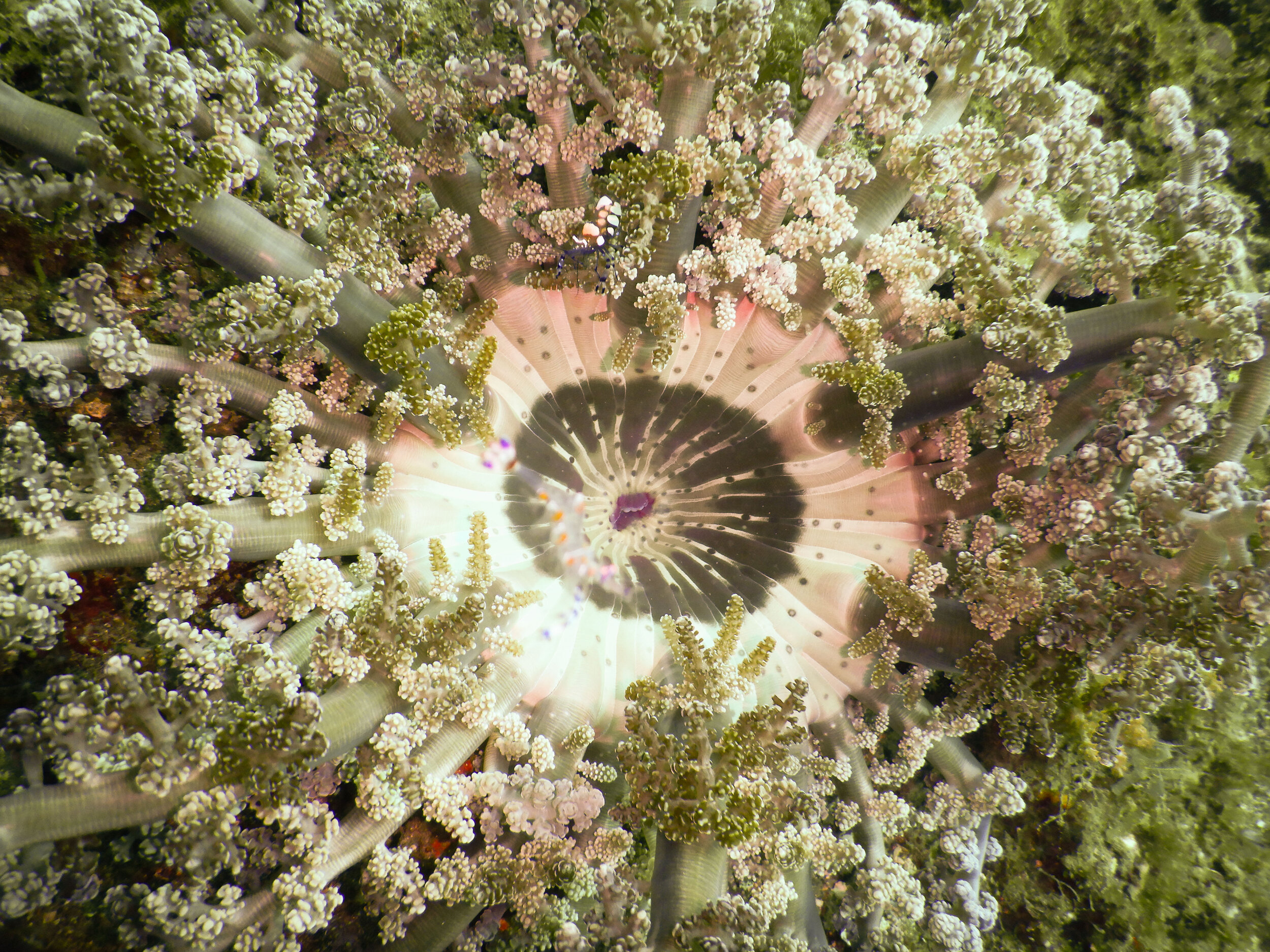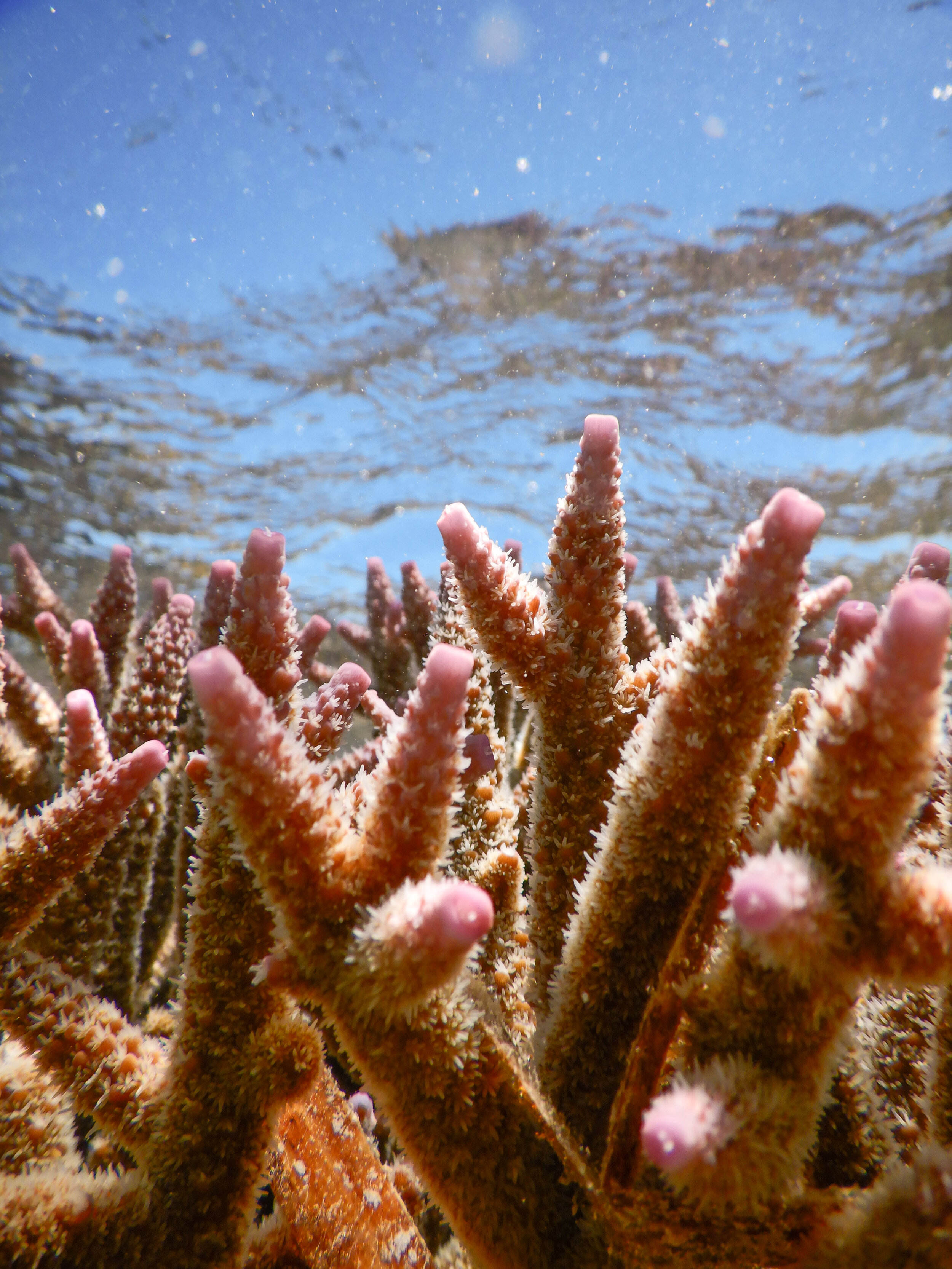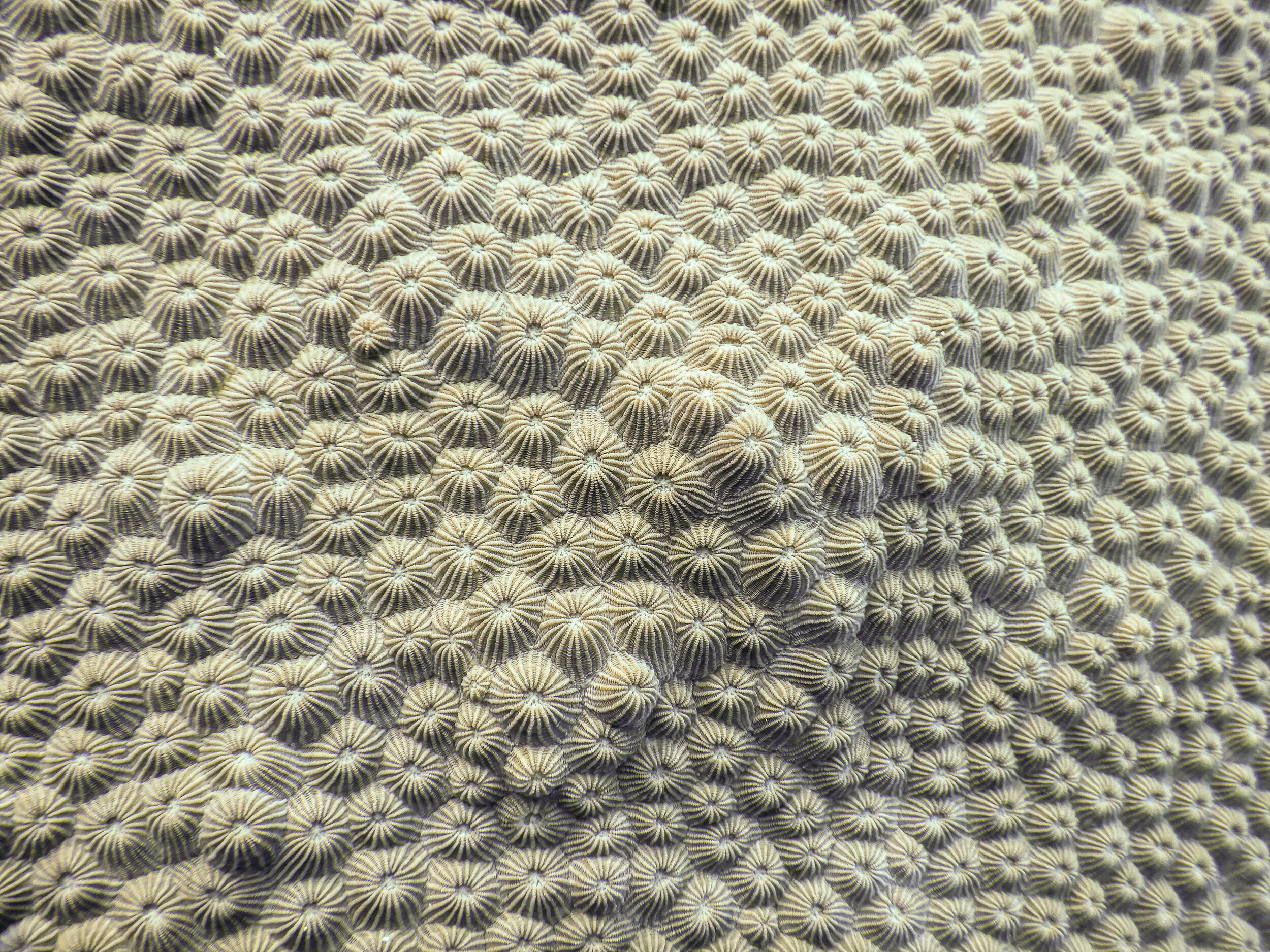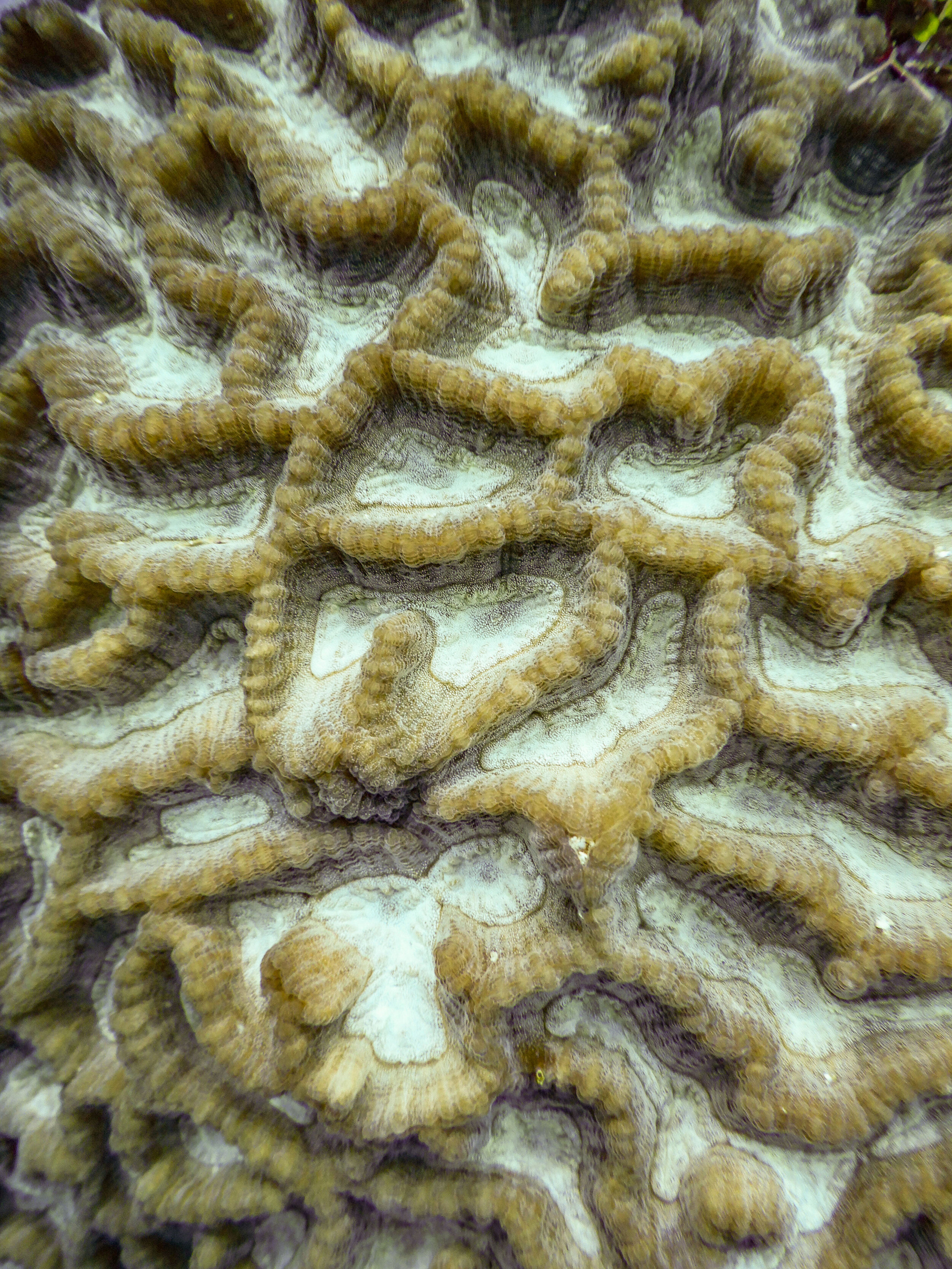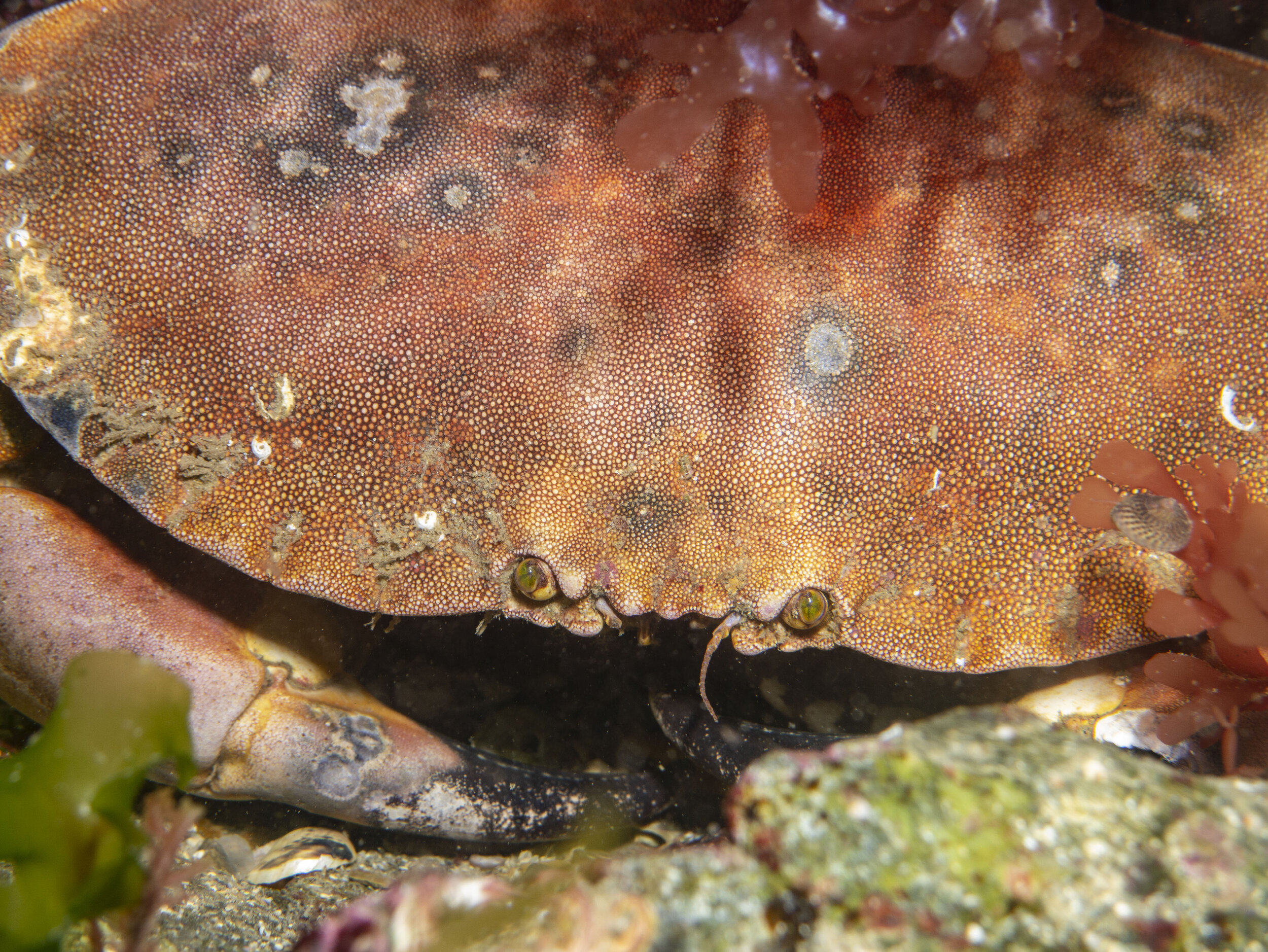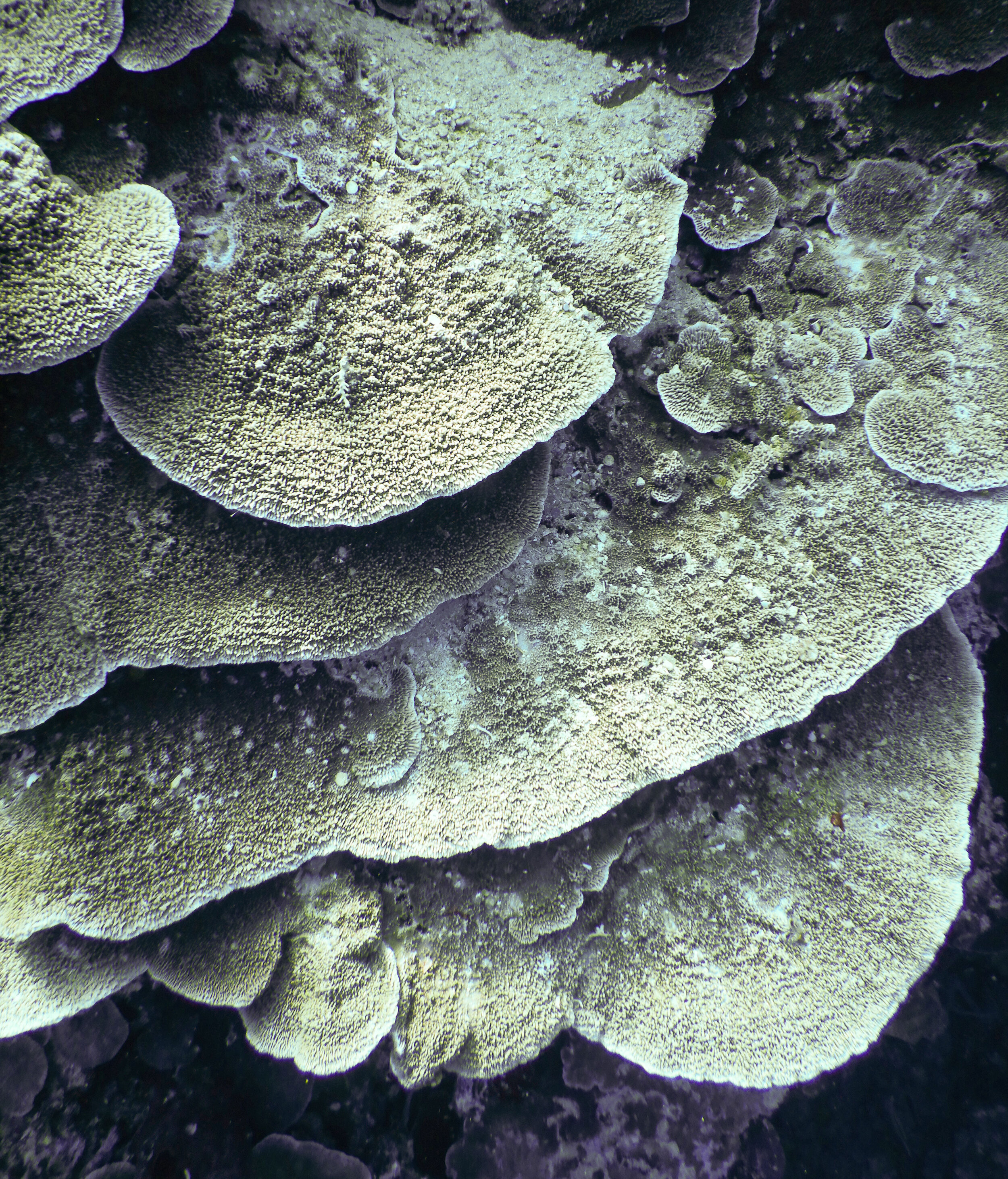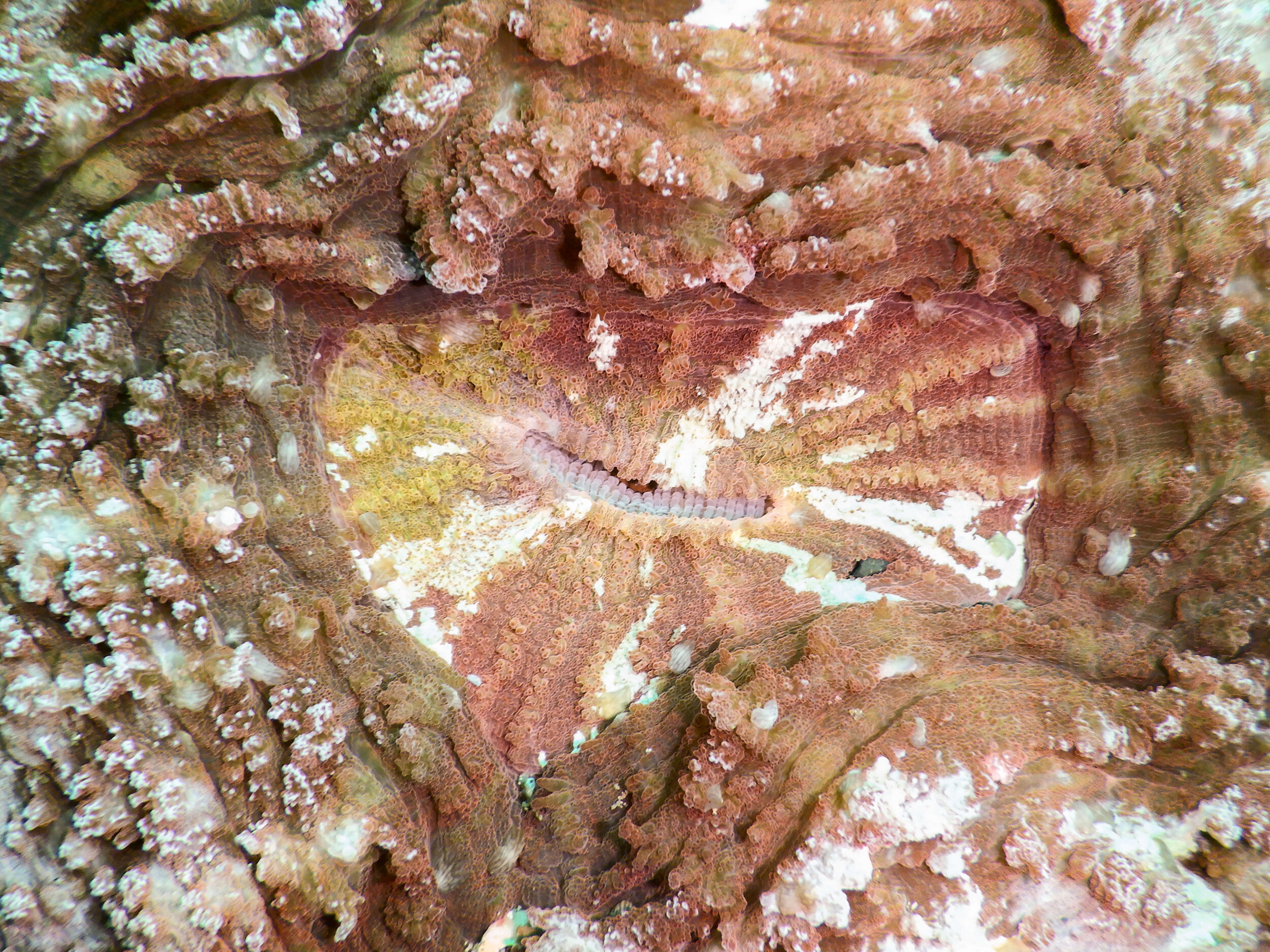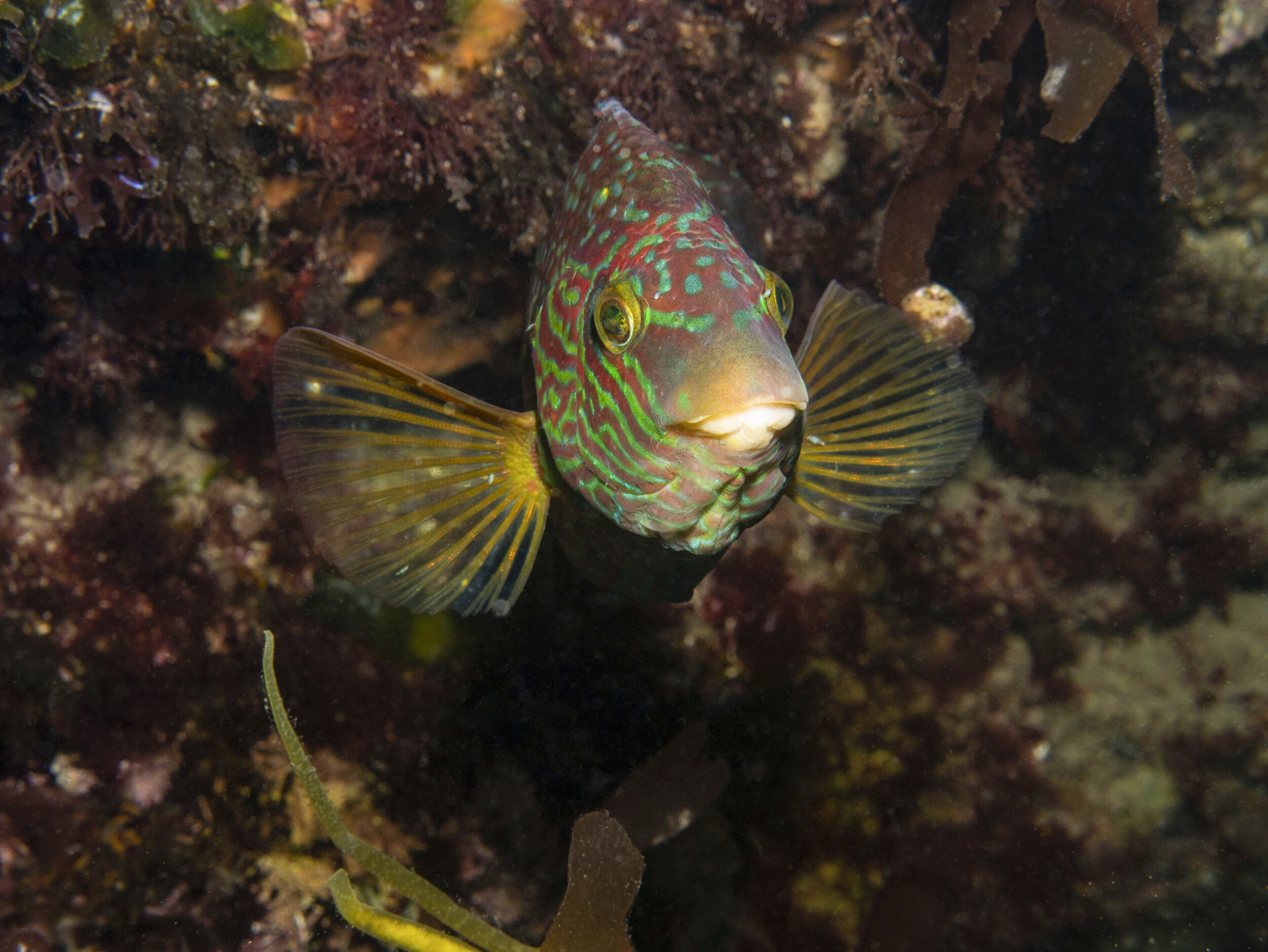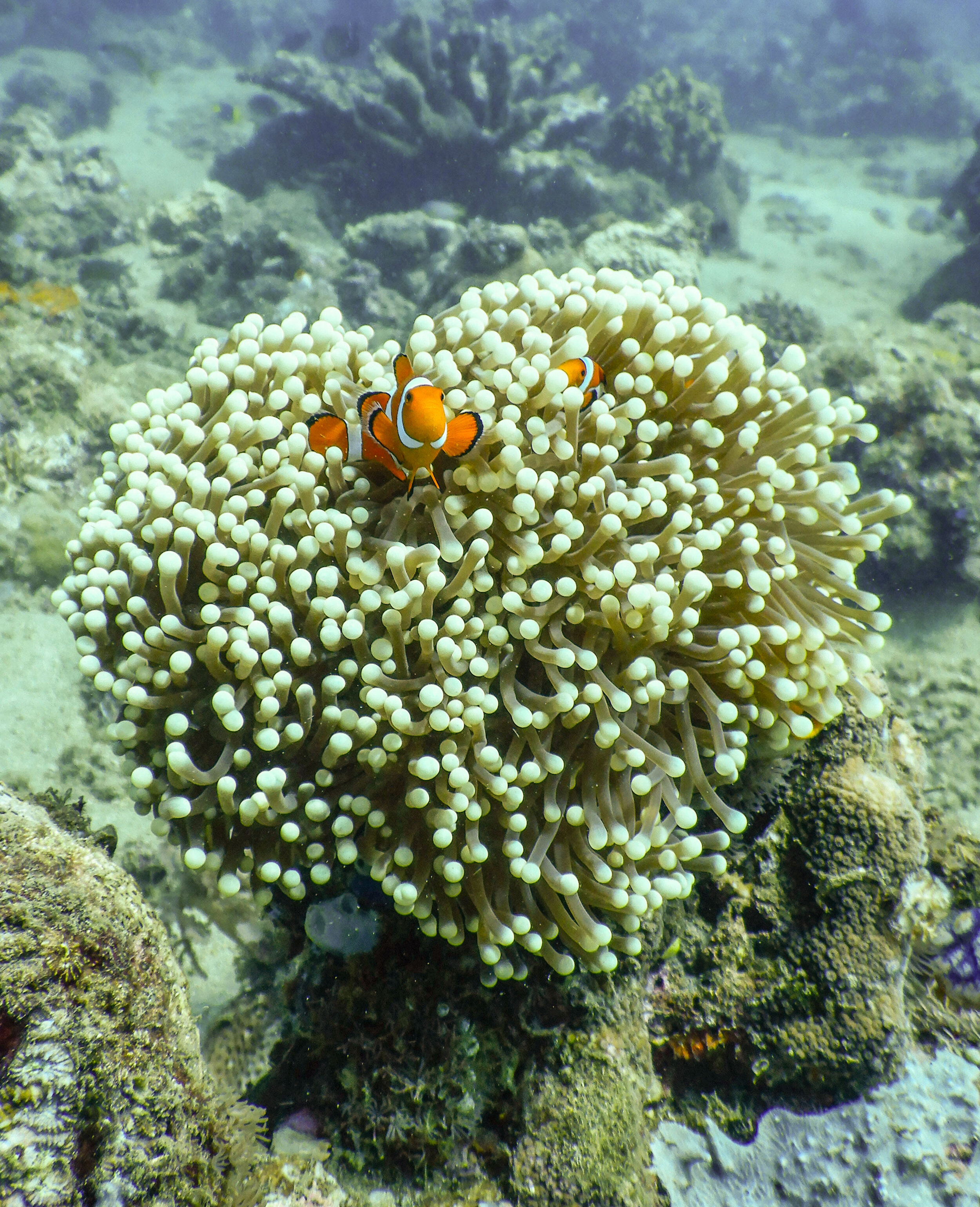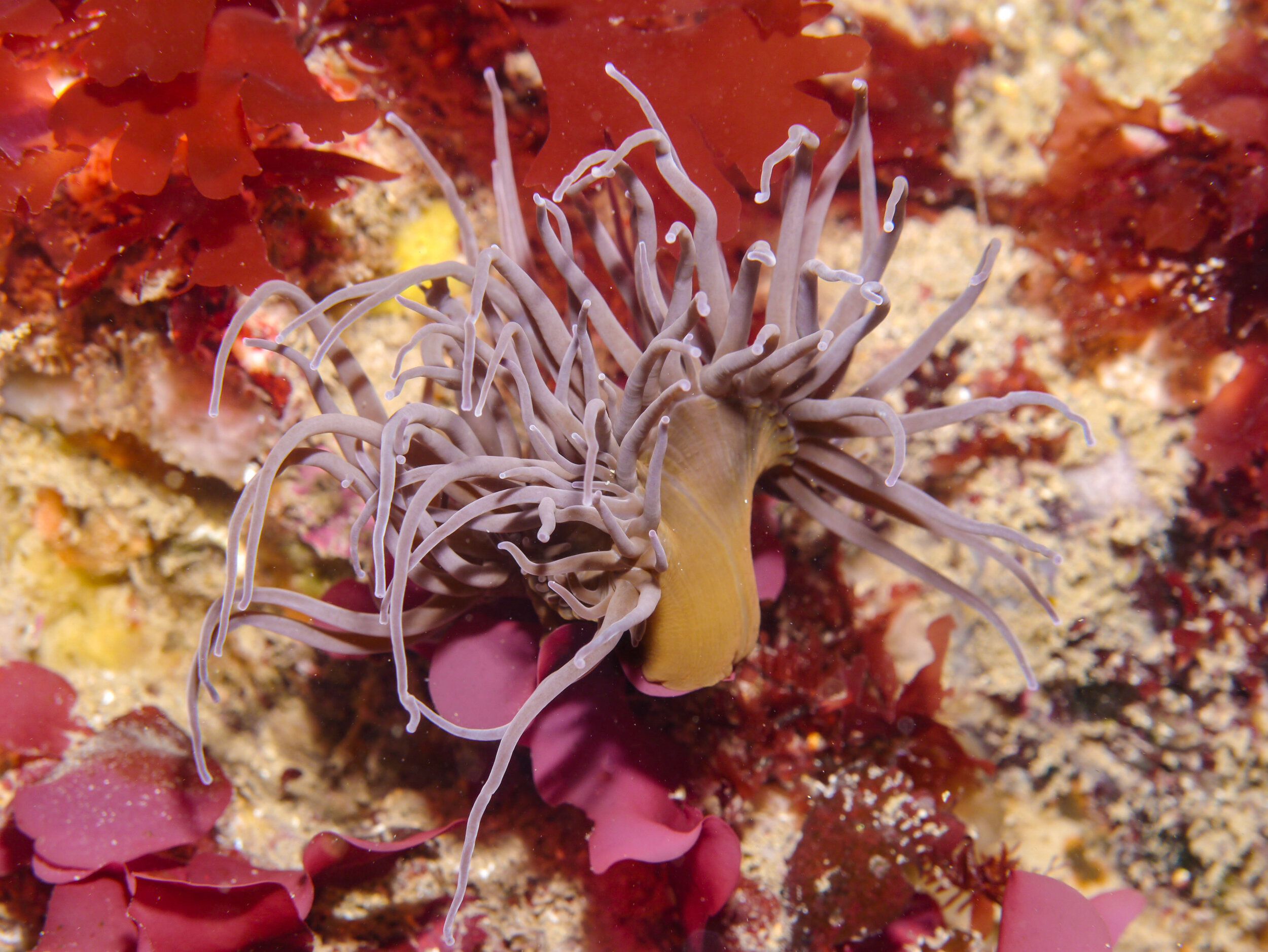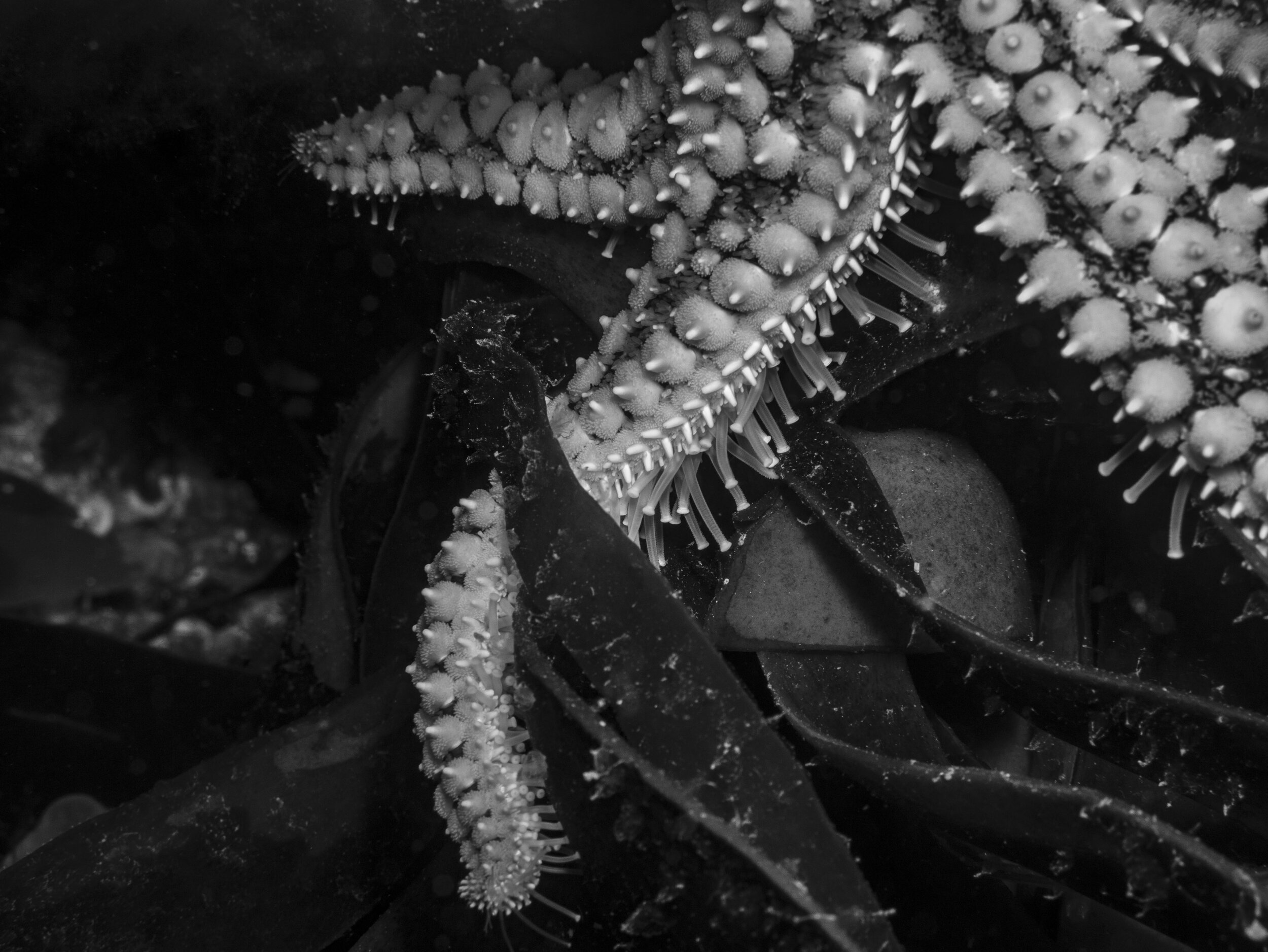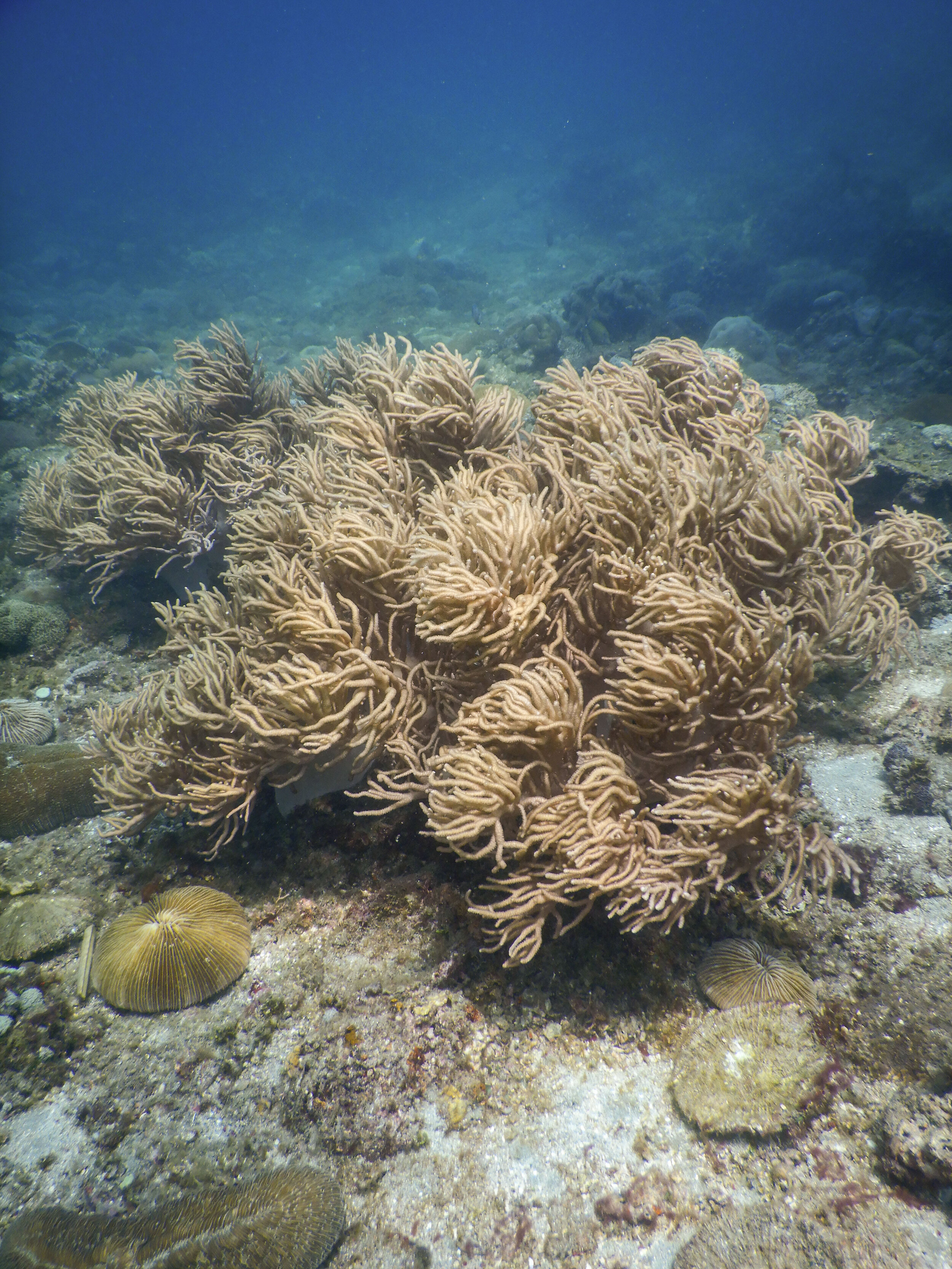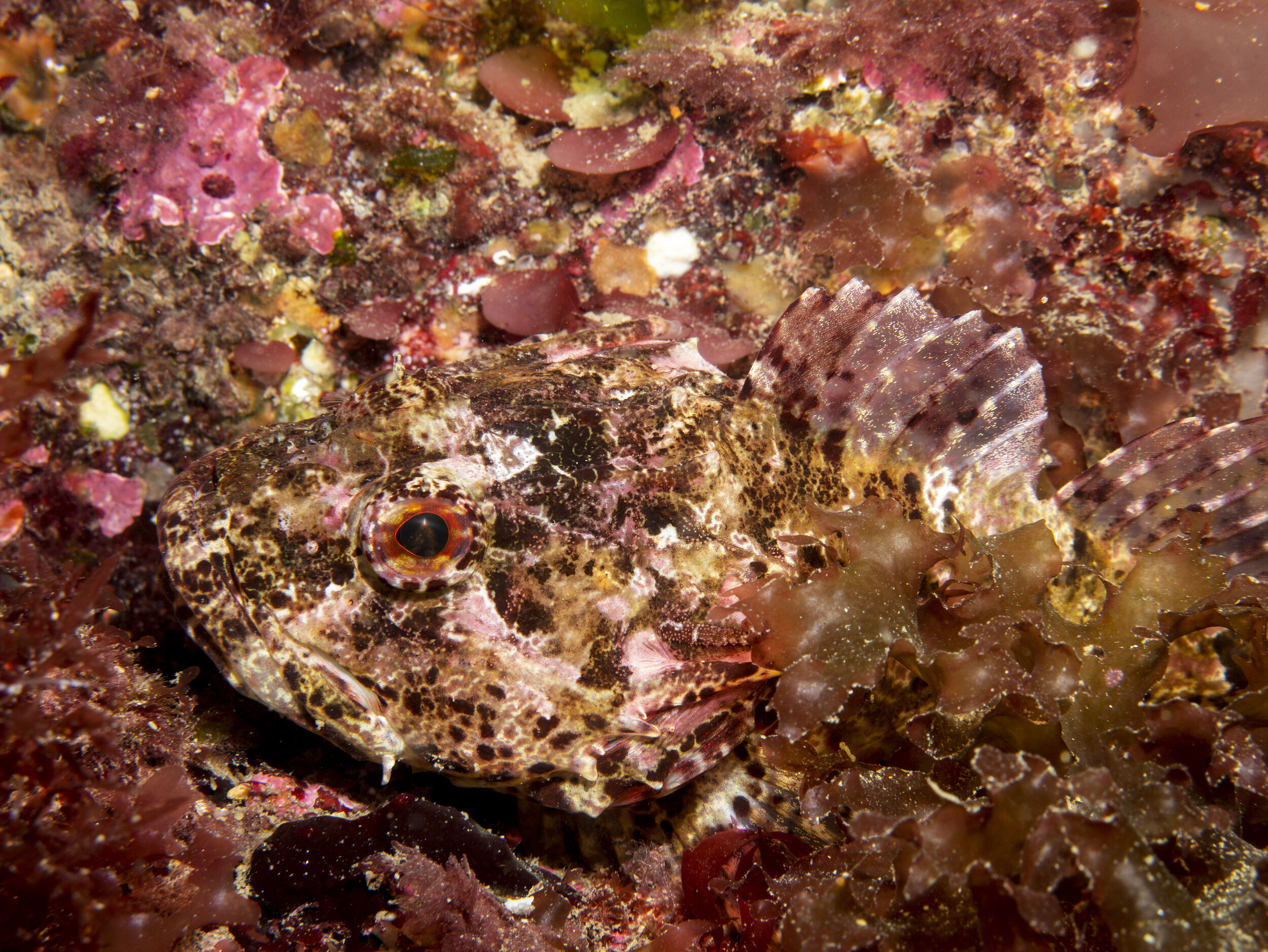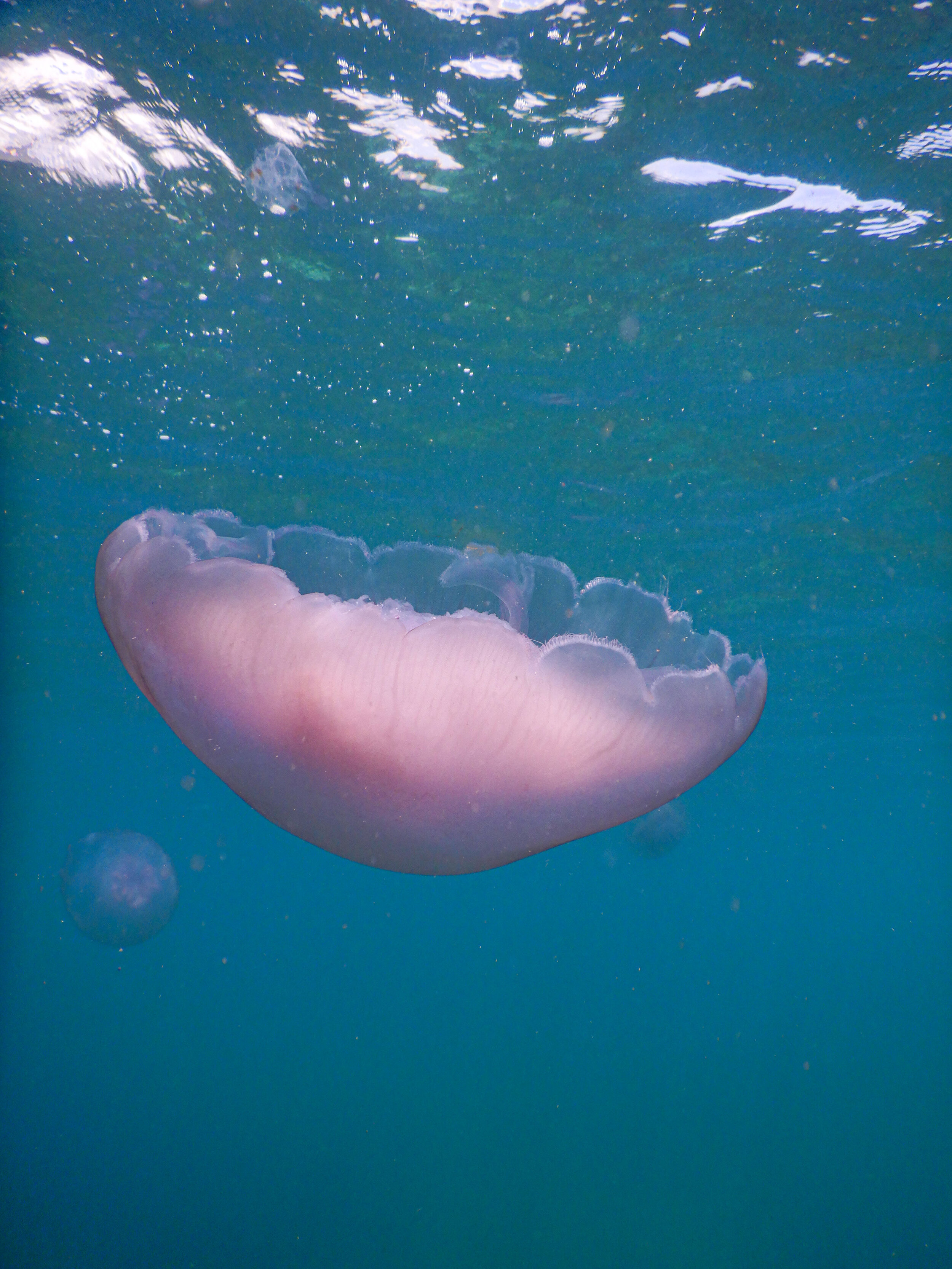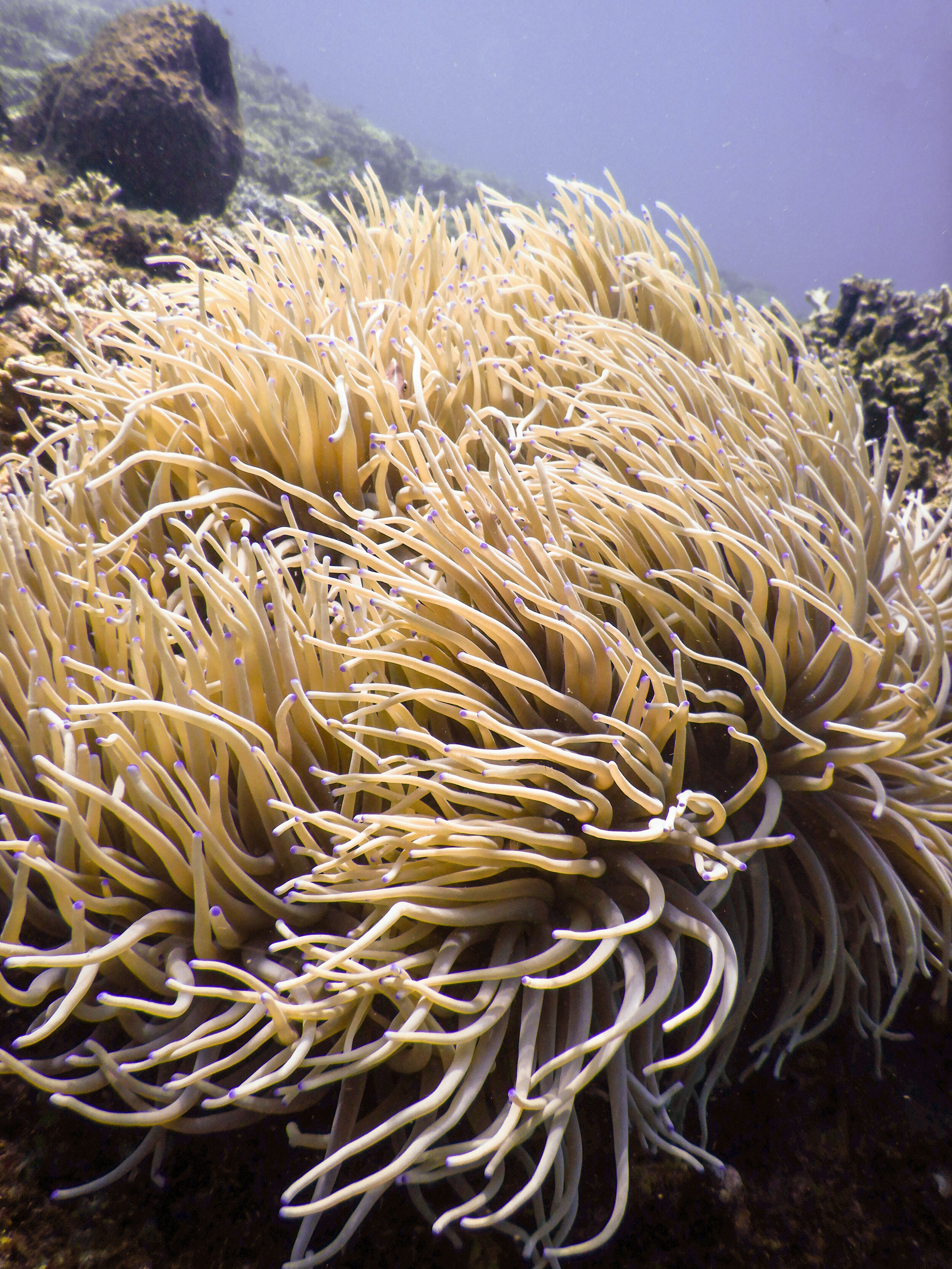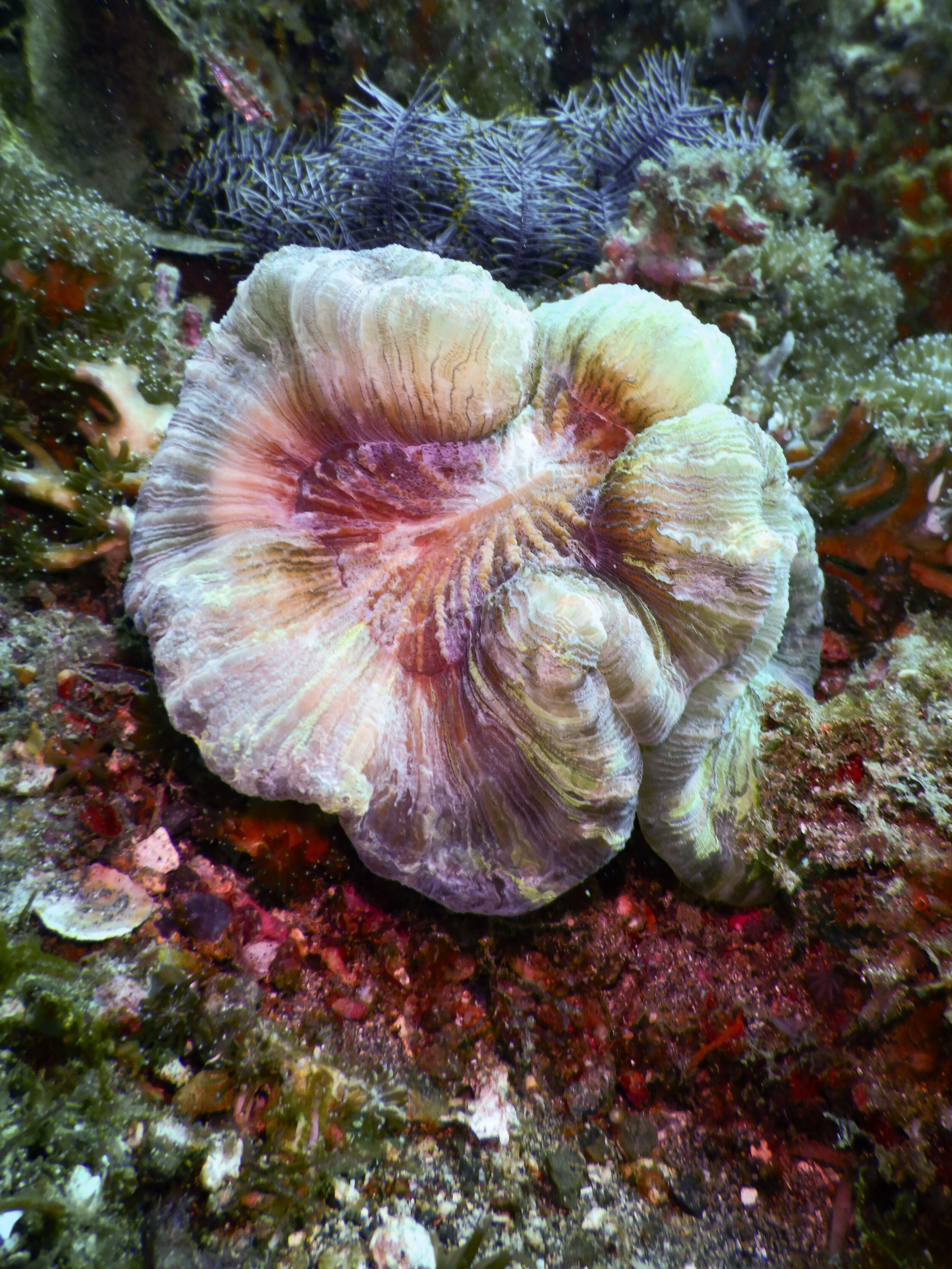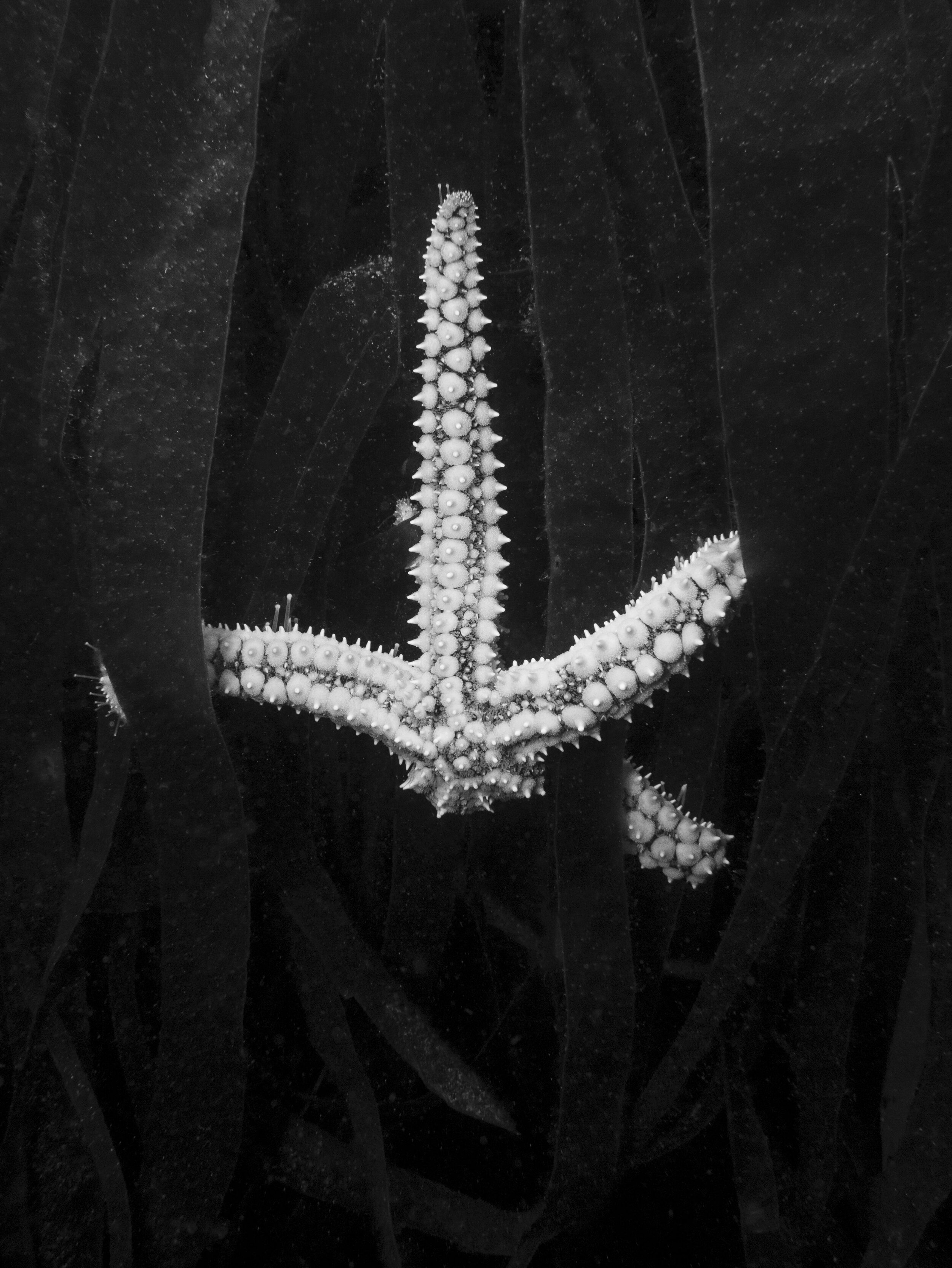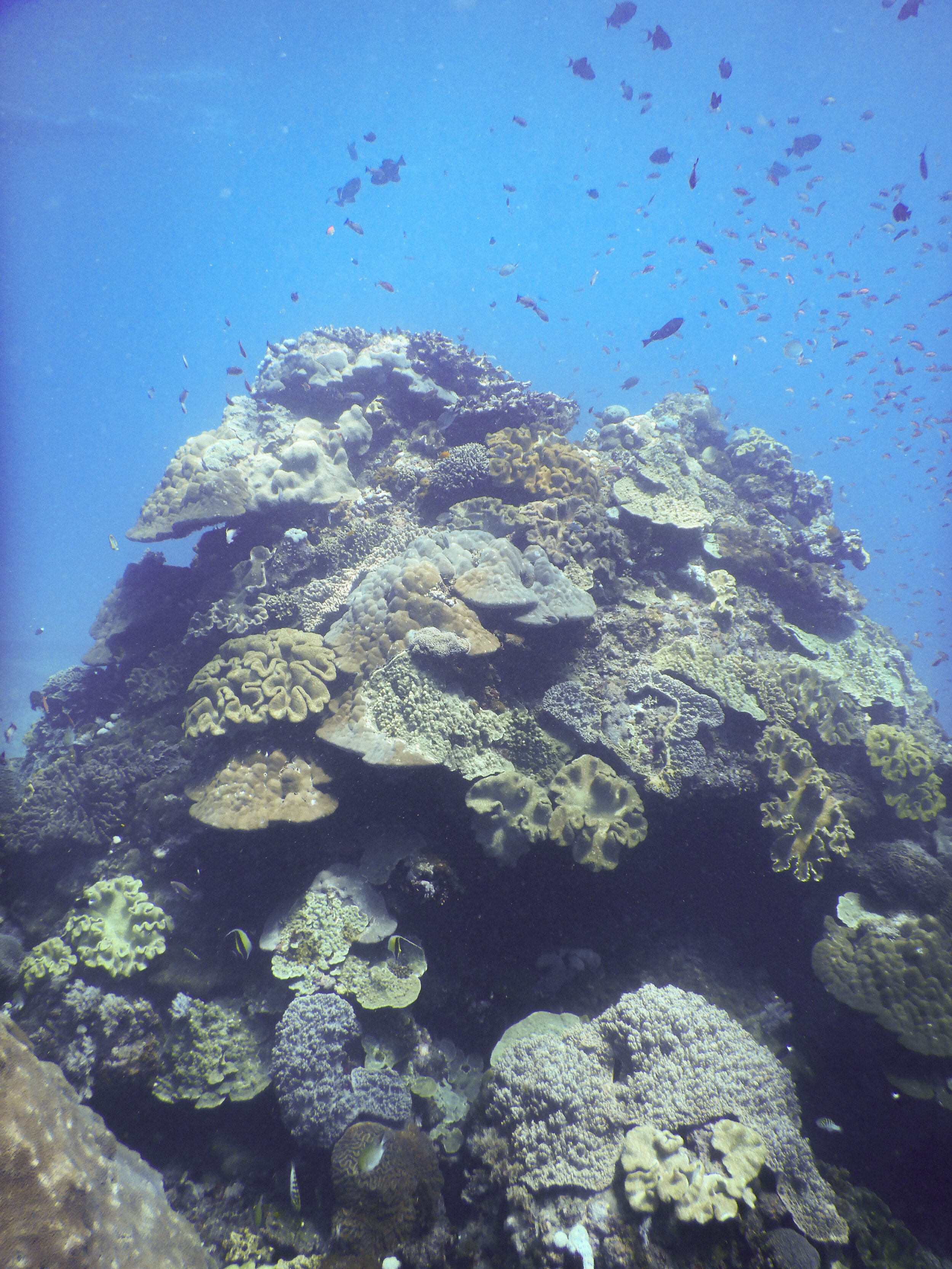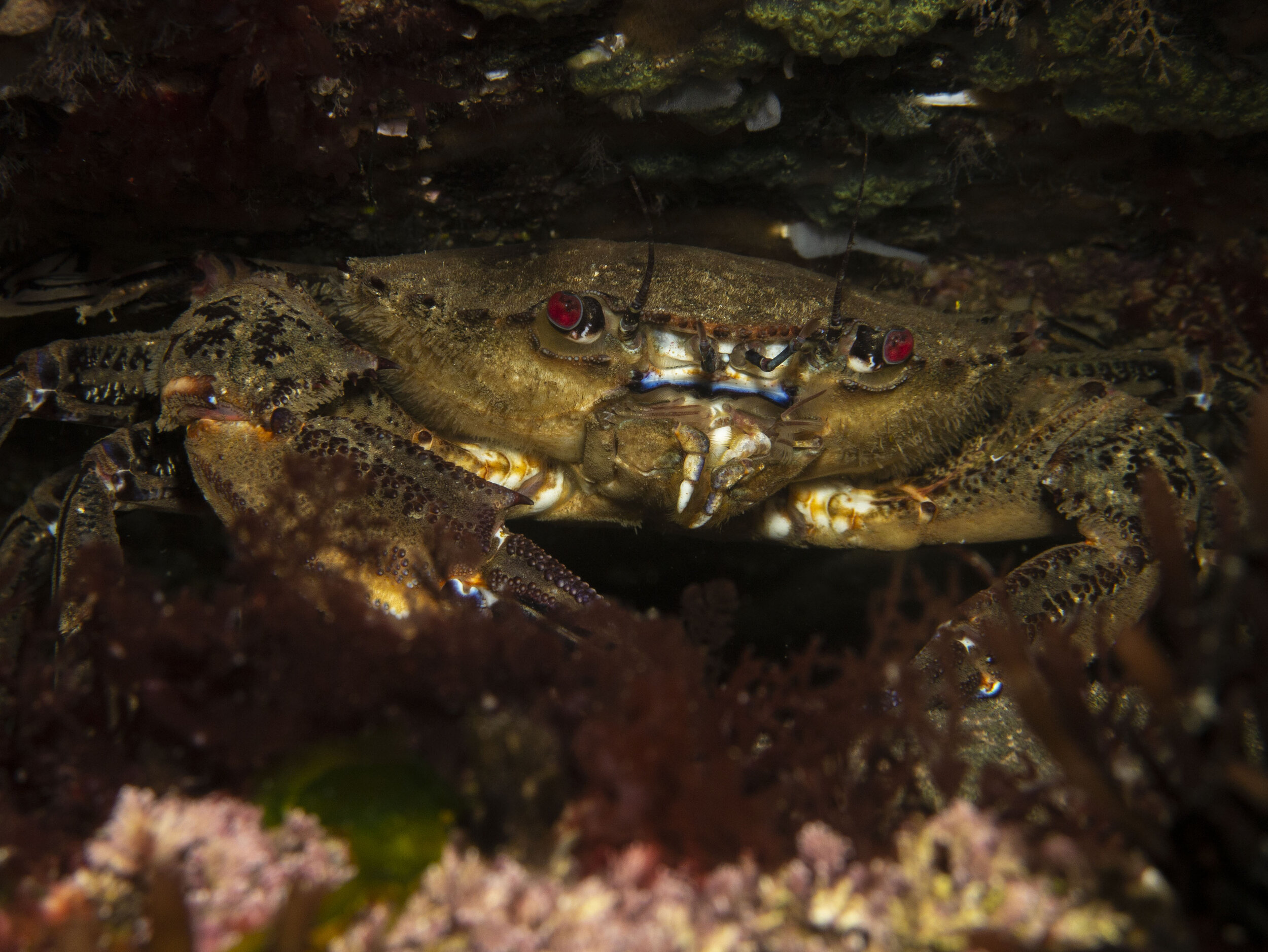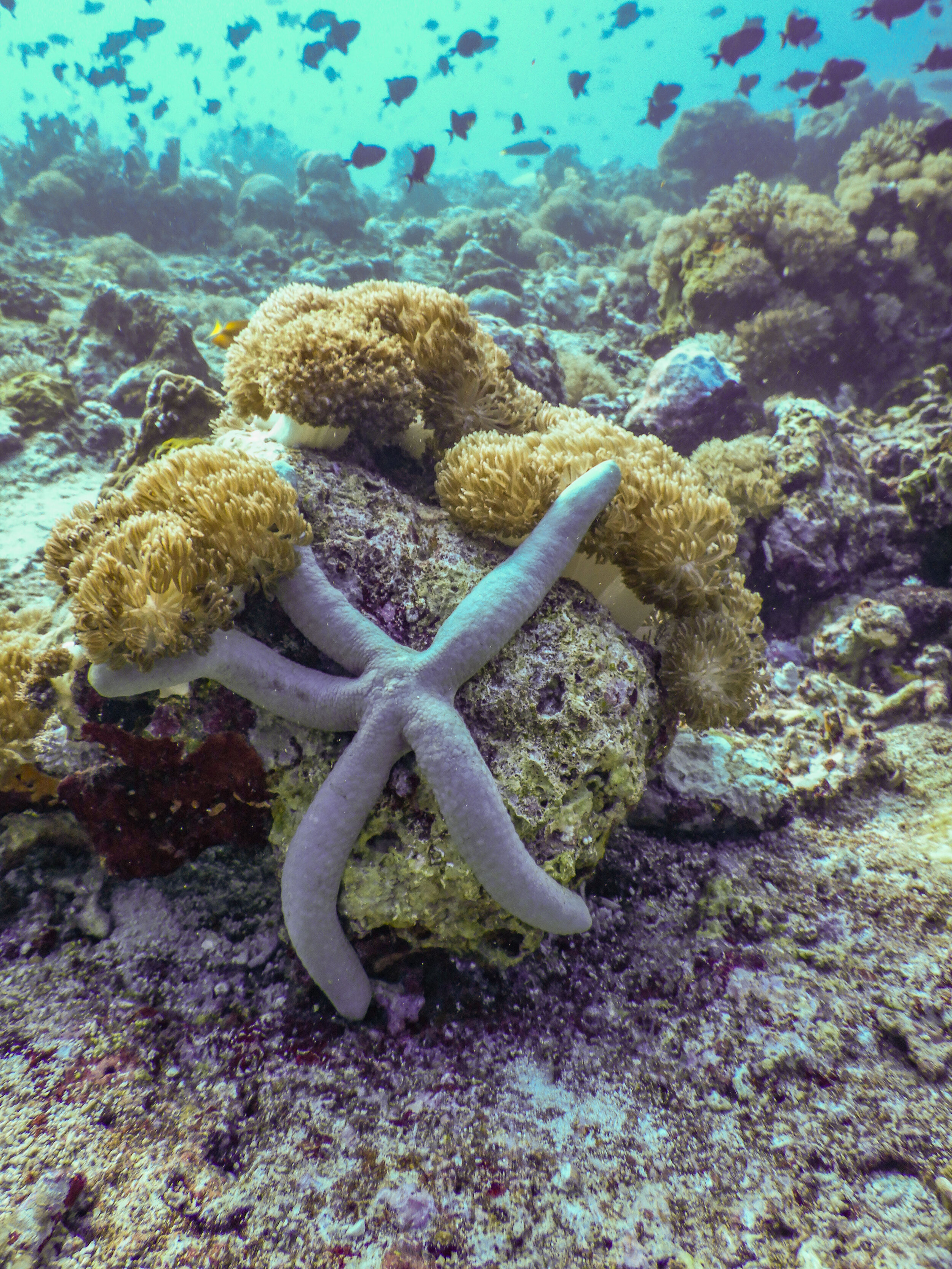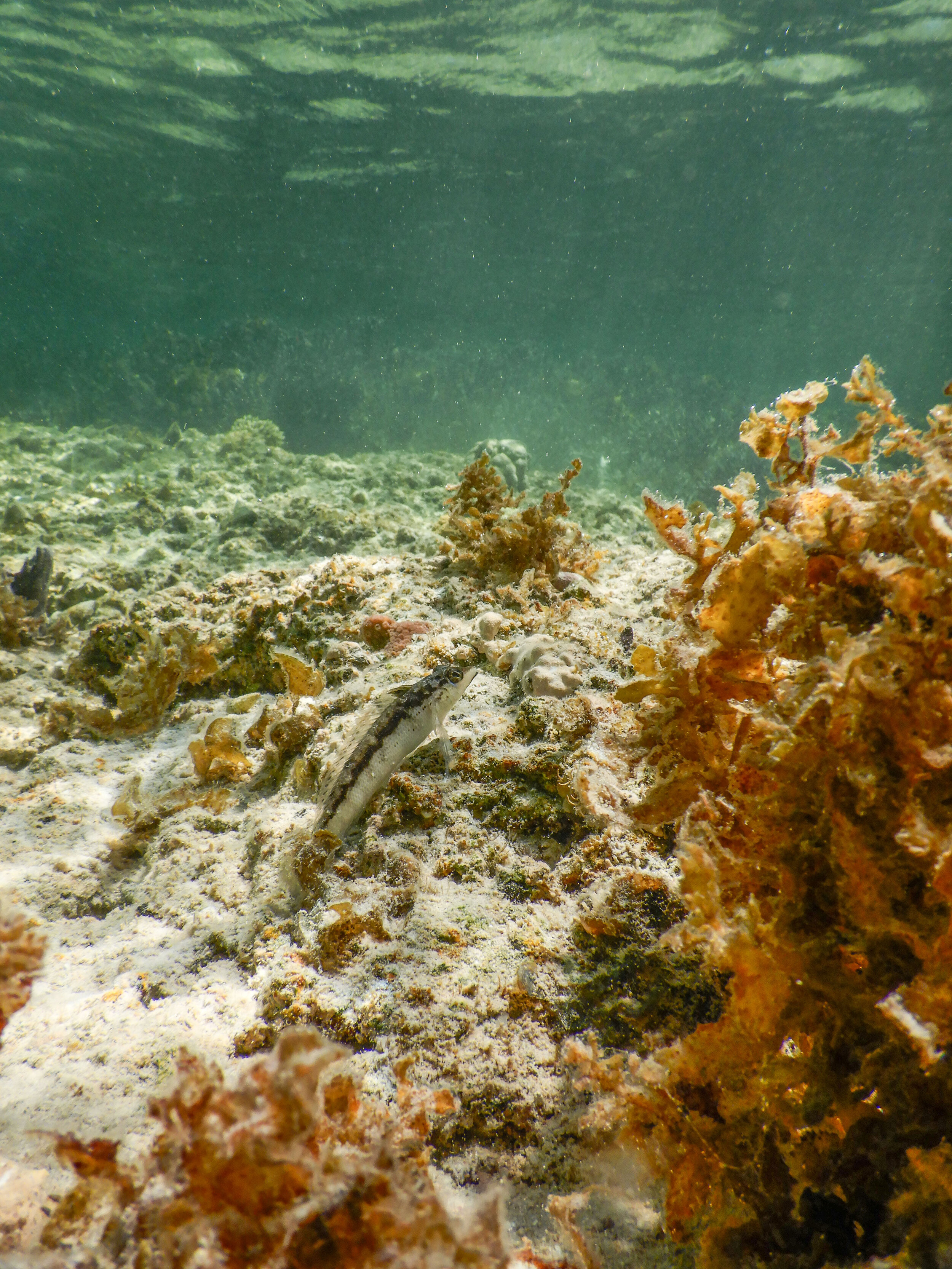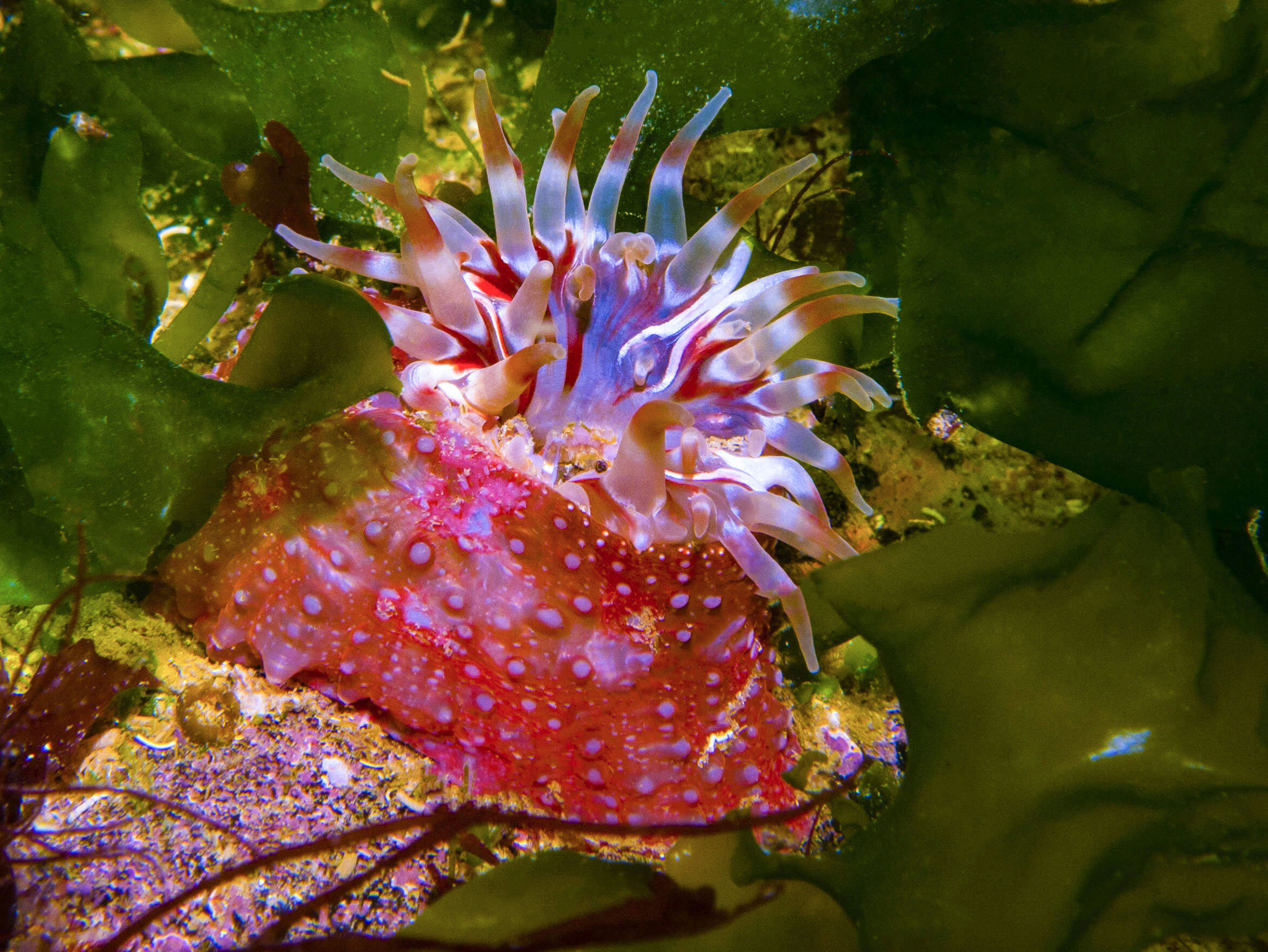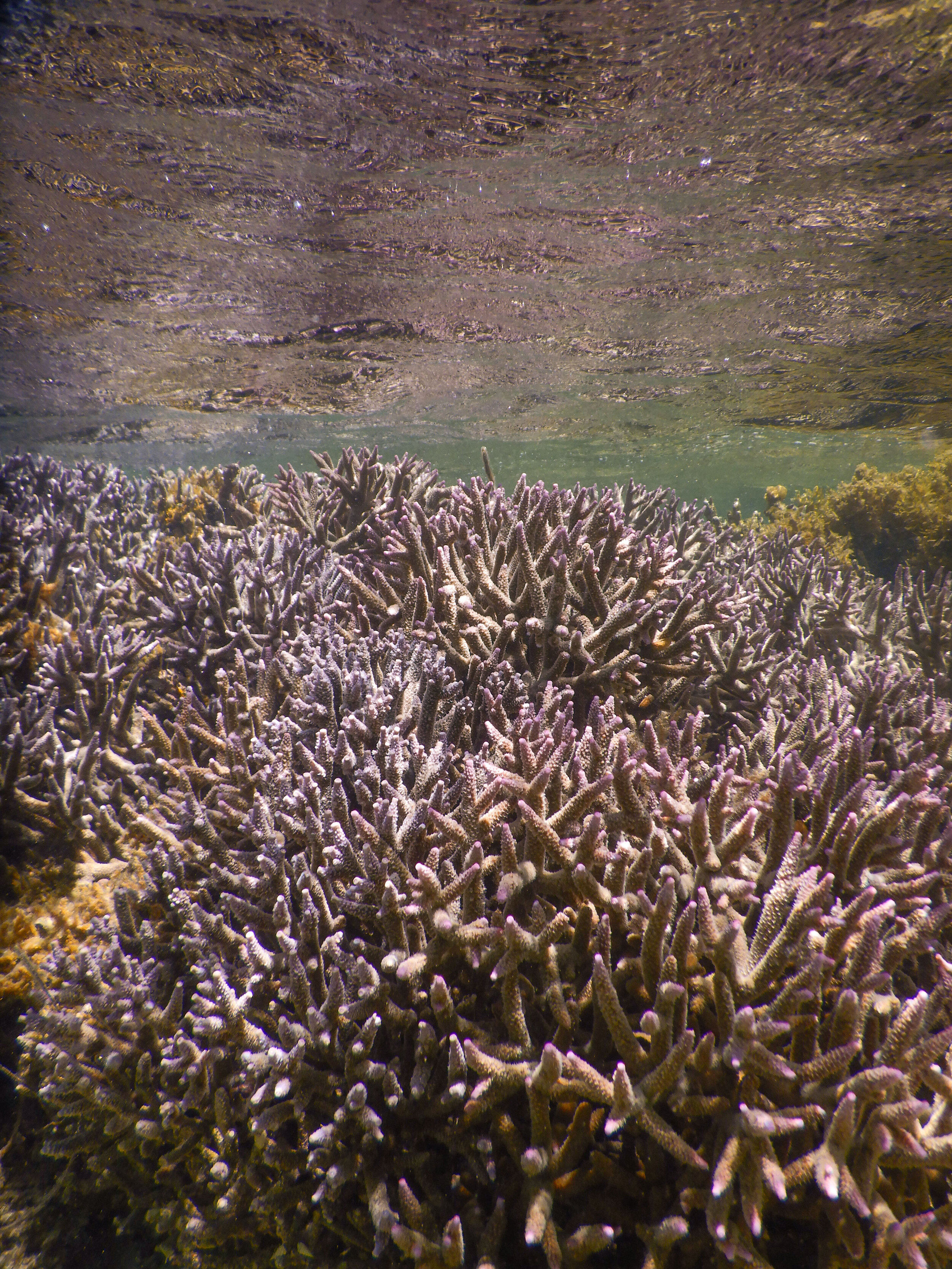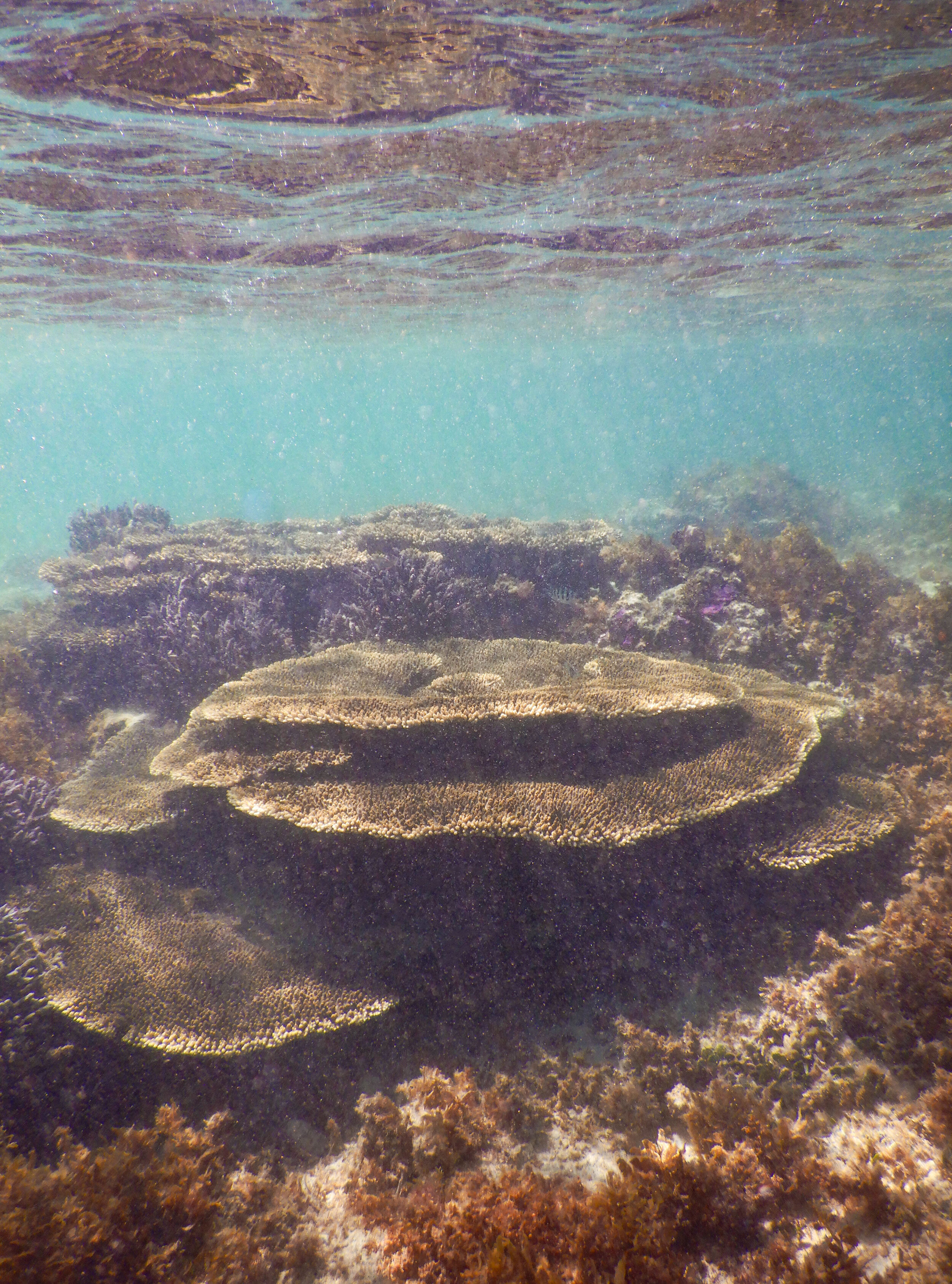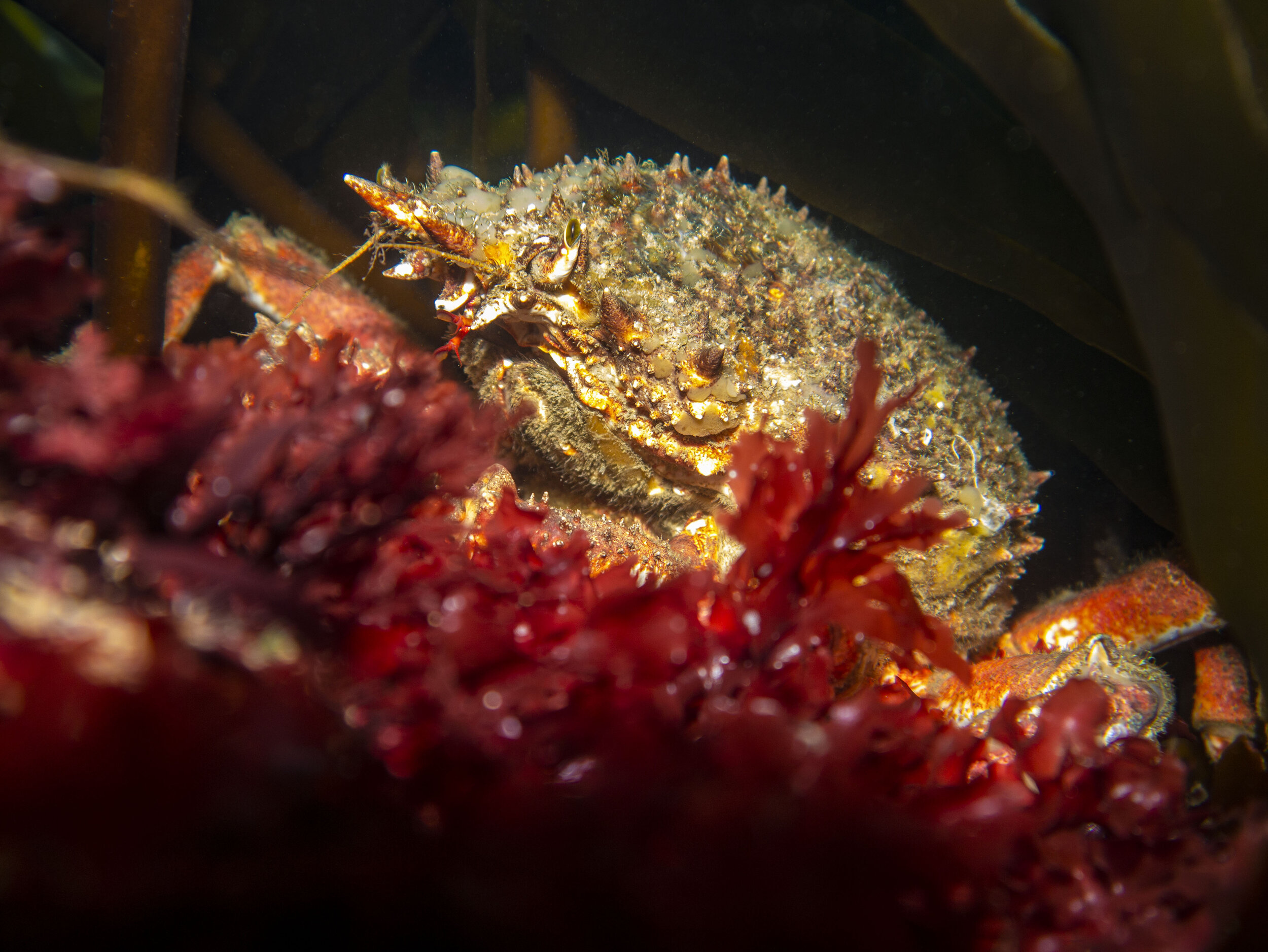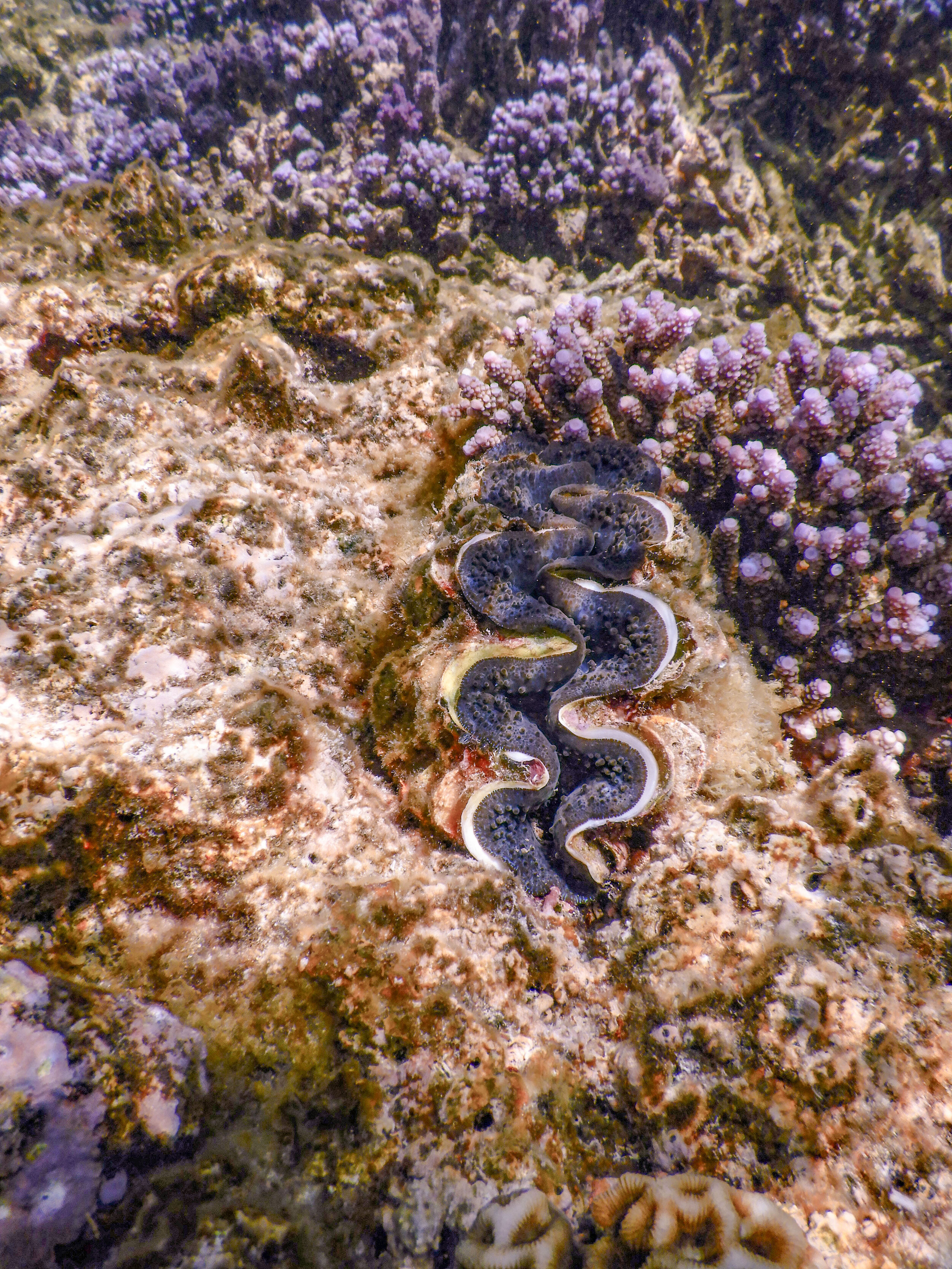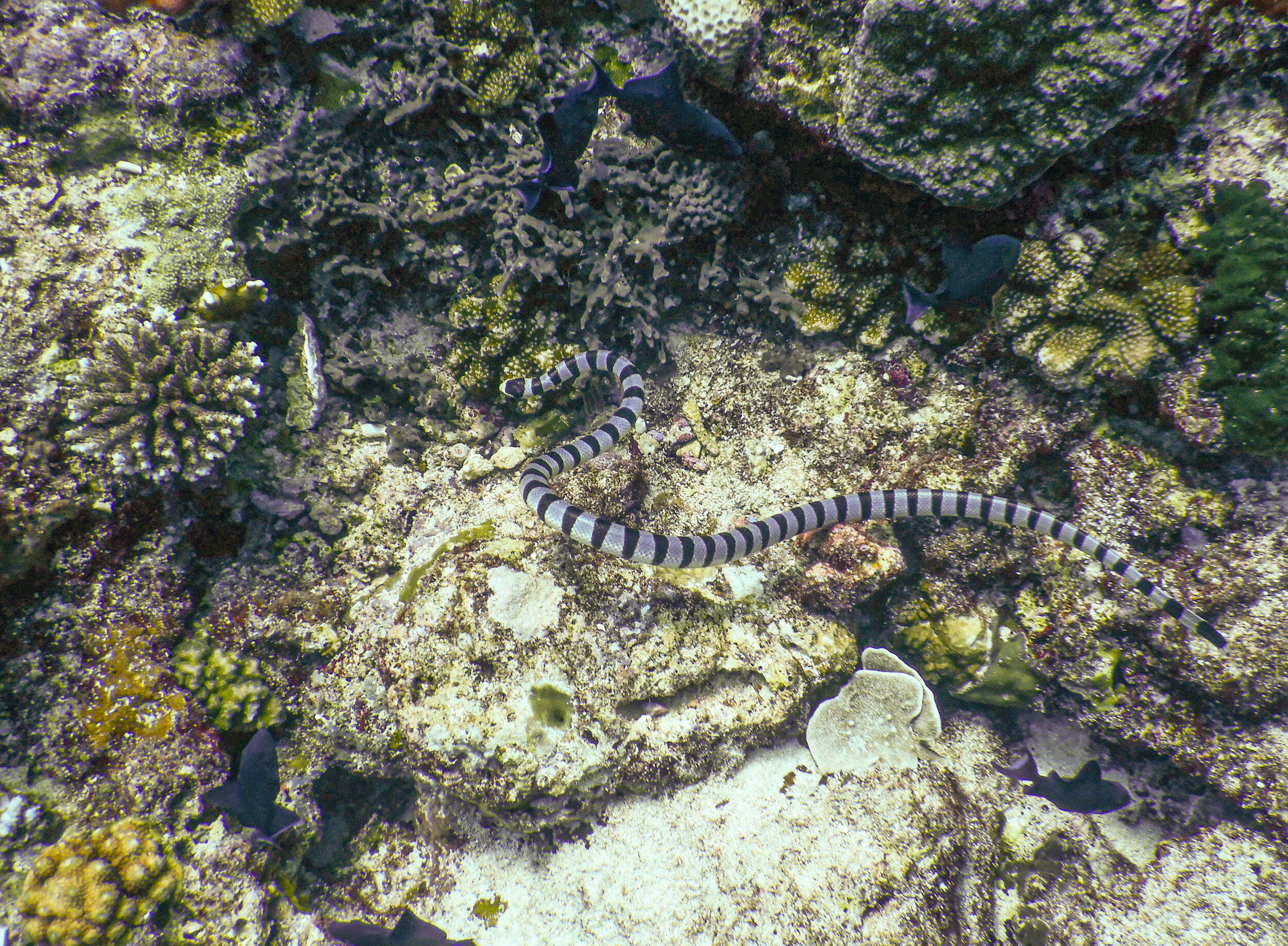Charlotte Gill | Photographer | Scientific Diver | Marine Stories Ranger for the Cornwall Seal Group Research Trust | UK
Based in the South West of England, Charlie Gill is a Falmouth graduate with a degree in Marine and Natural History Photography. Charlotte recently secured a job with the Cornwall Seal Group Research Trust as a Marine Stories Ranger; devising communication strategies for the charity to engage the pubic in grey seals, a globally rare keystone species native the UK, and the wider marine environment they are a part of.
With a lifelong interest and passion for the natural world, Charlie aims to create engaging photography that forges a connection between her audience and her subject, encouraging people to care about the environment.
Like many people who study MNHP at Falmouth, Charlie began her professional underwater journey during her first year of university and loved spending time with Cornwall's amazing cold-water biodiversity.
What is a typical day like for you?
I try to spend as much time near or in the ocean as I can. Otherwise, during lockdown, I have been spending a lot of time reading, playing guitar, walking, swimming, and volunteering at a wildlife centre close to where I live. I have been trying to get involved with as many conservation organisations as possible, and have some exciting opportunities coming up this year.
What are the fondest memories from your upbringing that you feel impacted your life choices and lifestyle today?
When I was 3 years old my parents and I moved to Australia for a year. As far as I can remember, this was where my obsession with nature, and in particular the ocean, began. My parents surrounded me with wildlife to interact with and wild spaces to explore, which I was completely fascinated by. Ever since then I have been working towards a job linked to nature and conservation. Plenty of snorkelling and swimming holidays in my childhood inspired me to try underwater photography, which I remember doing for the first time in Cyprus when I was 7. However, it wasn't until I got to university at the age of 18 that I picked up an underwater camera again, and I am now certain that this is something that I want to actively pursue as part of my career.
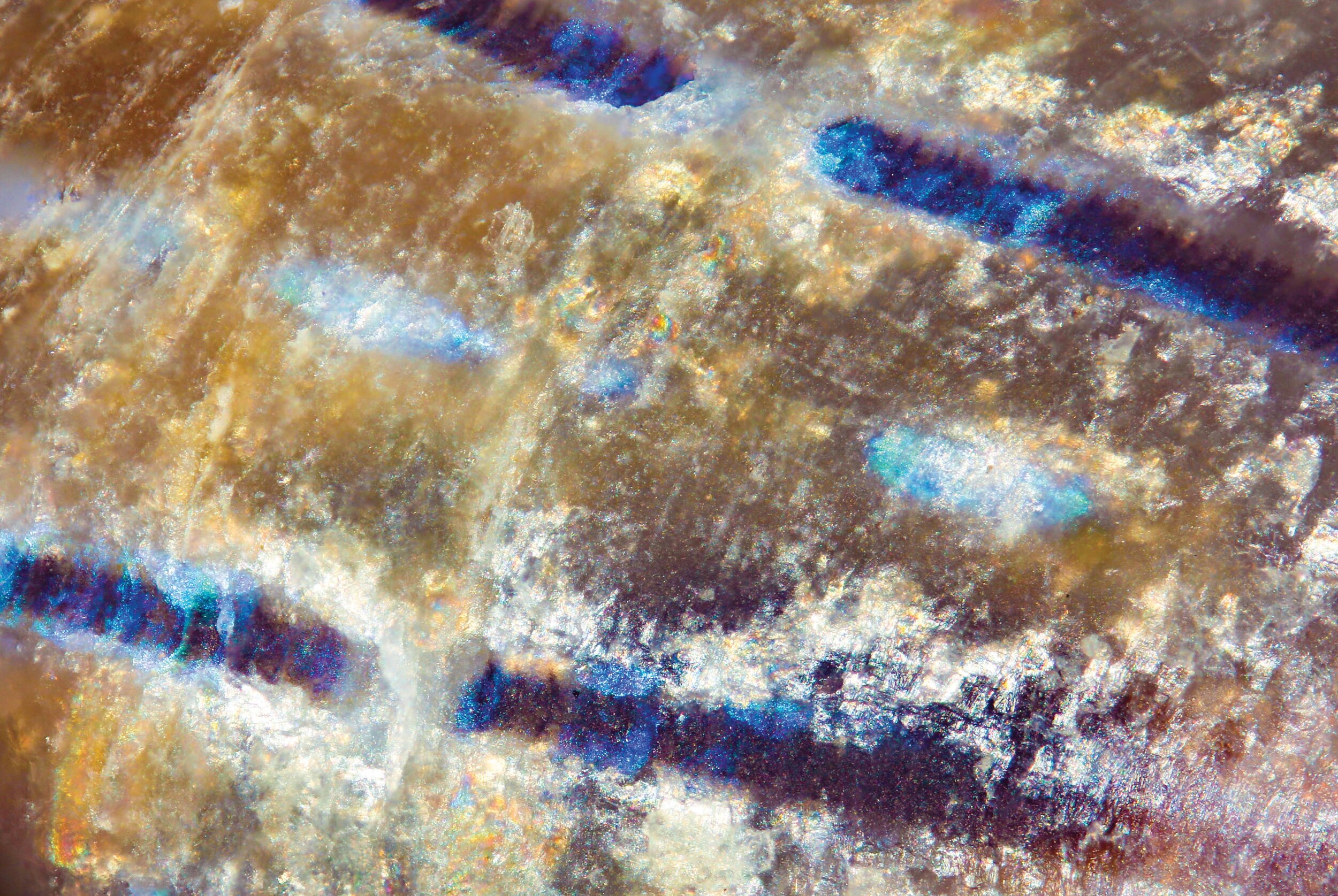
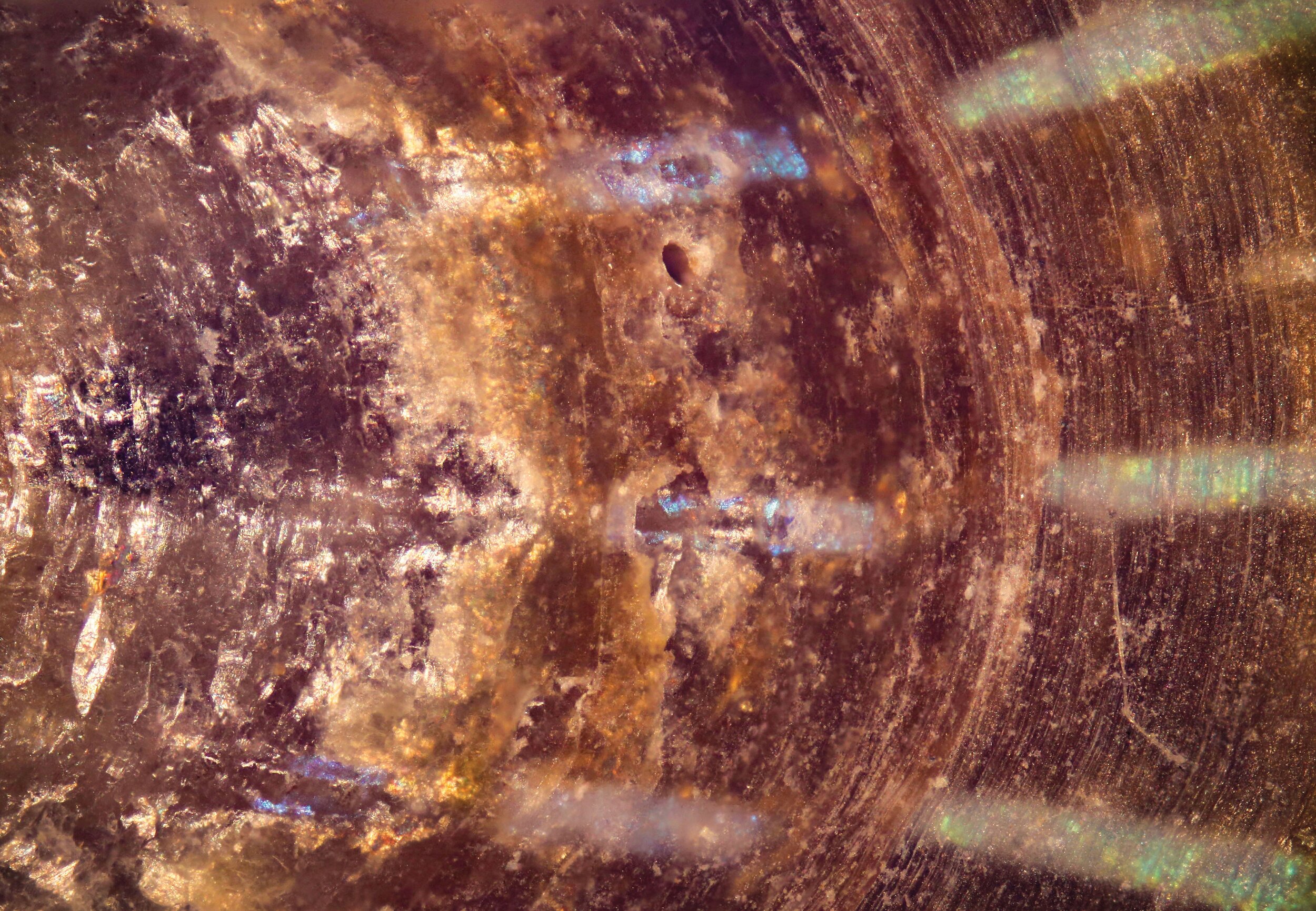
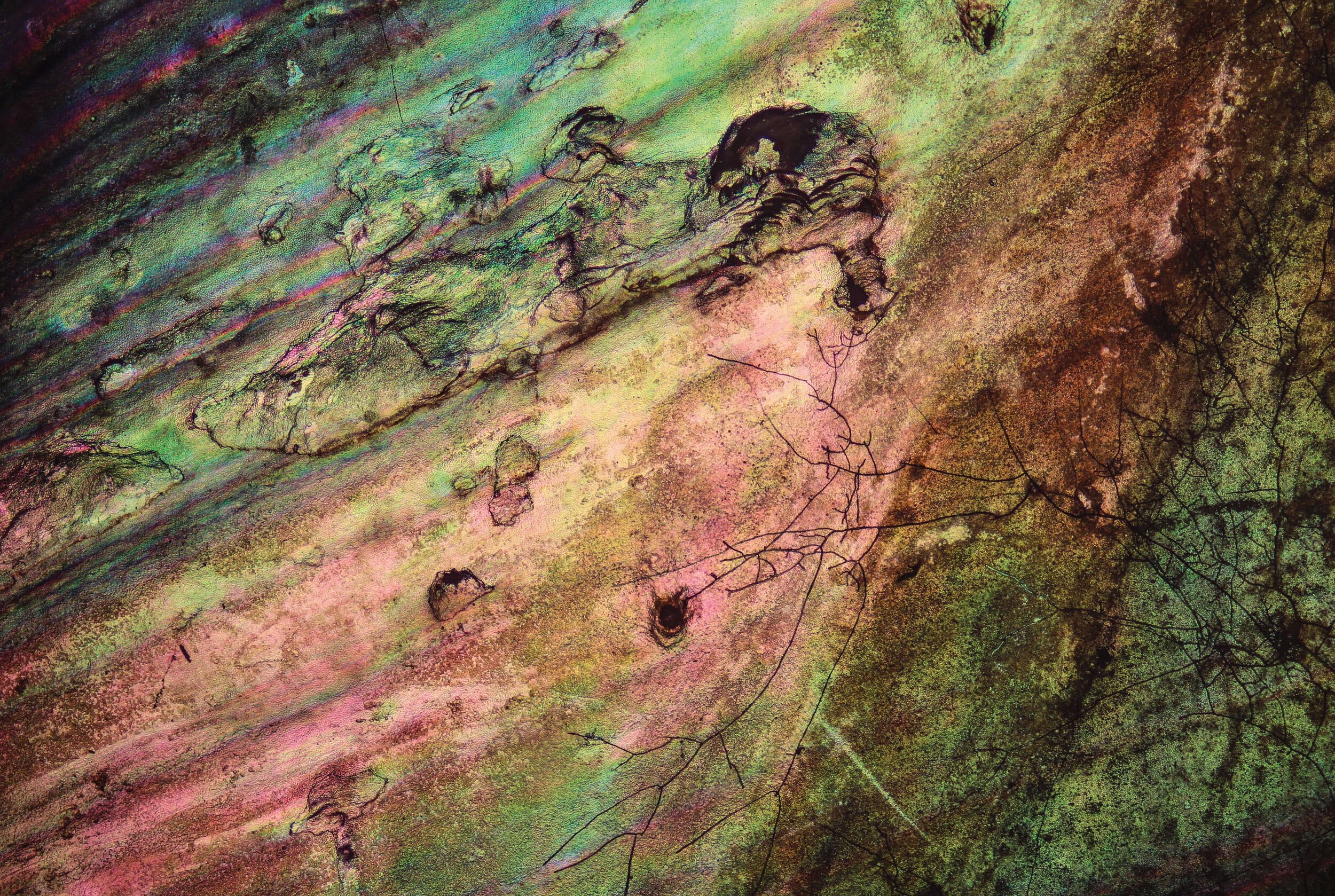
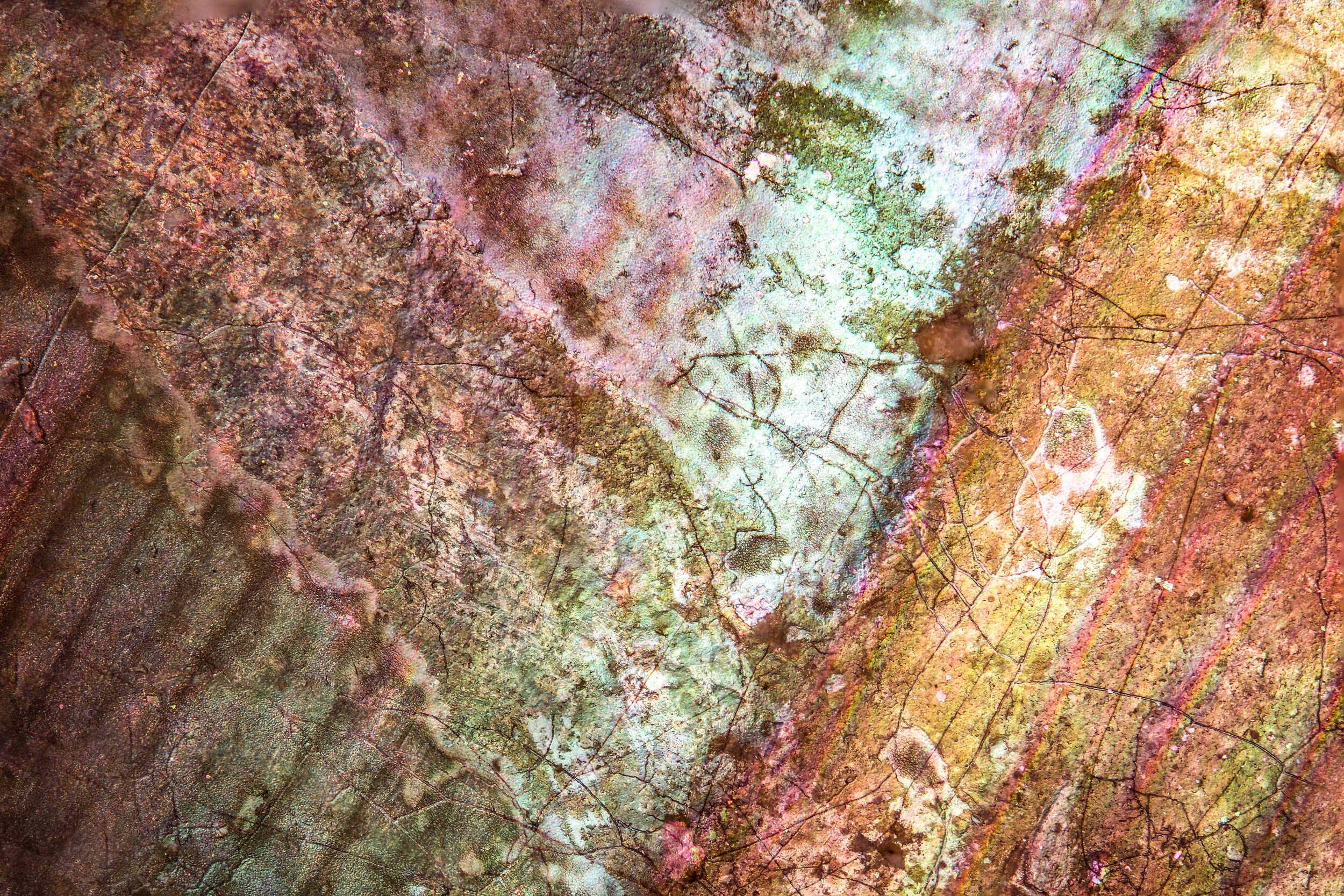
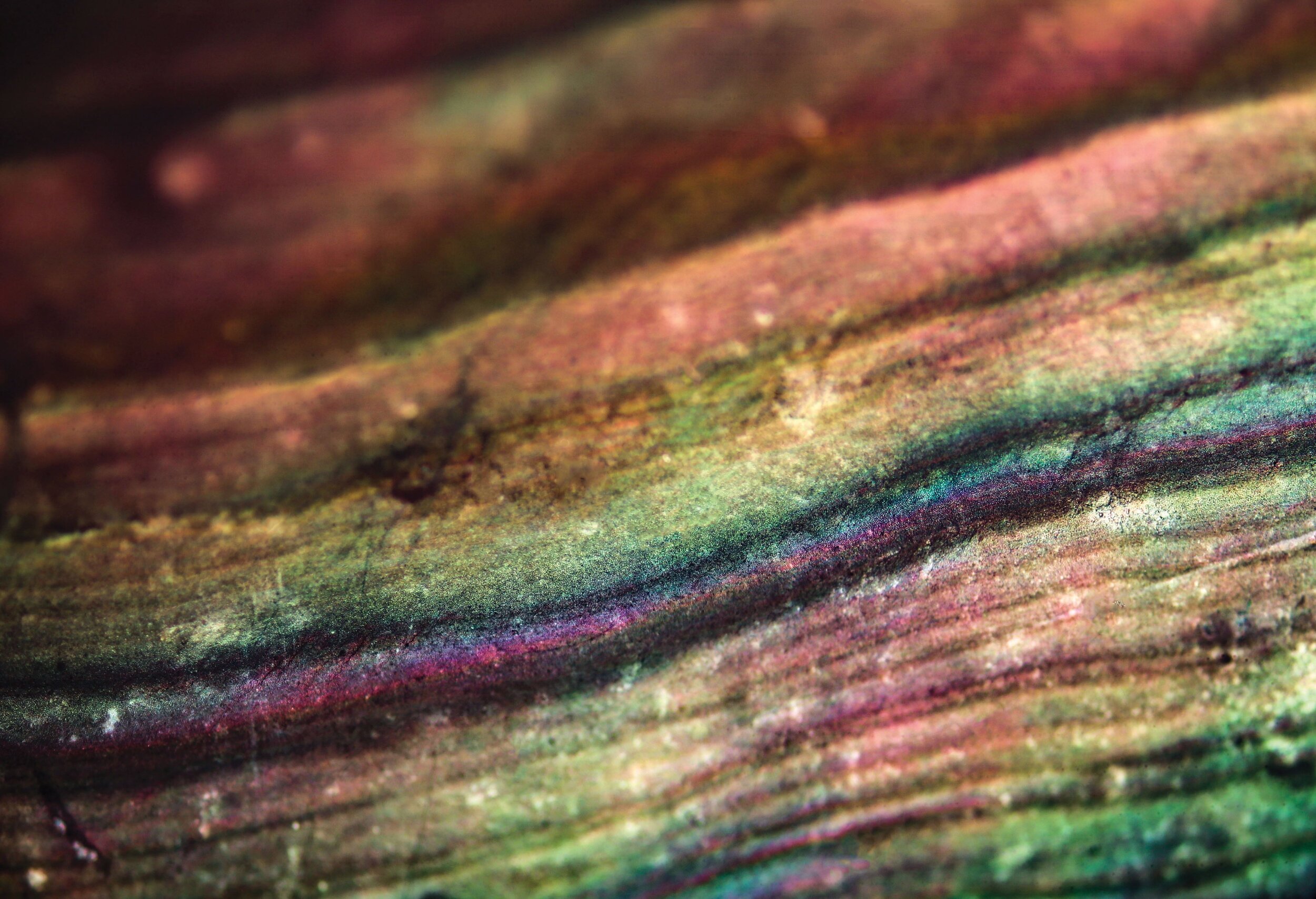
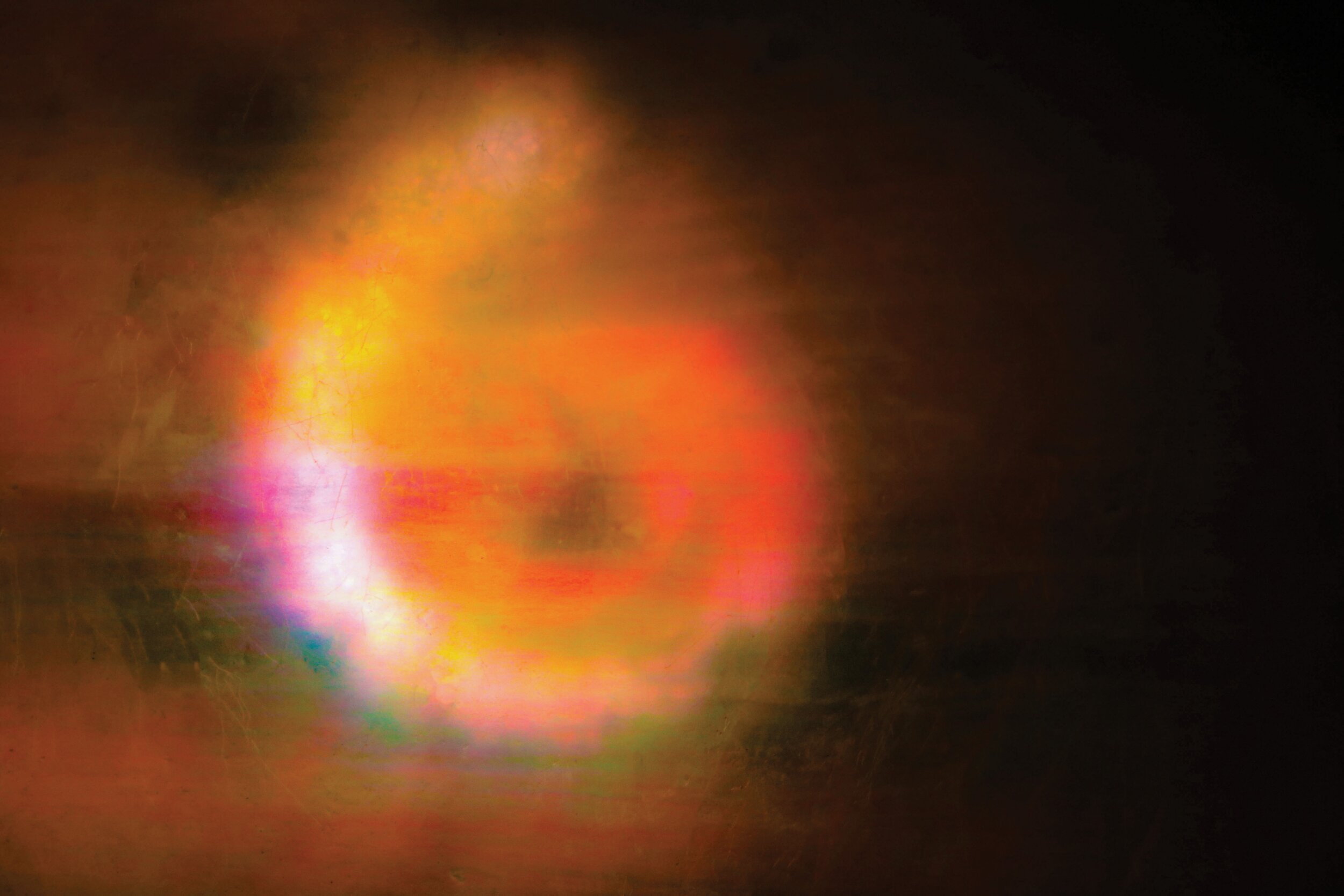
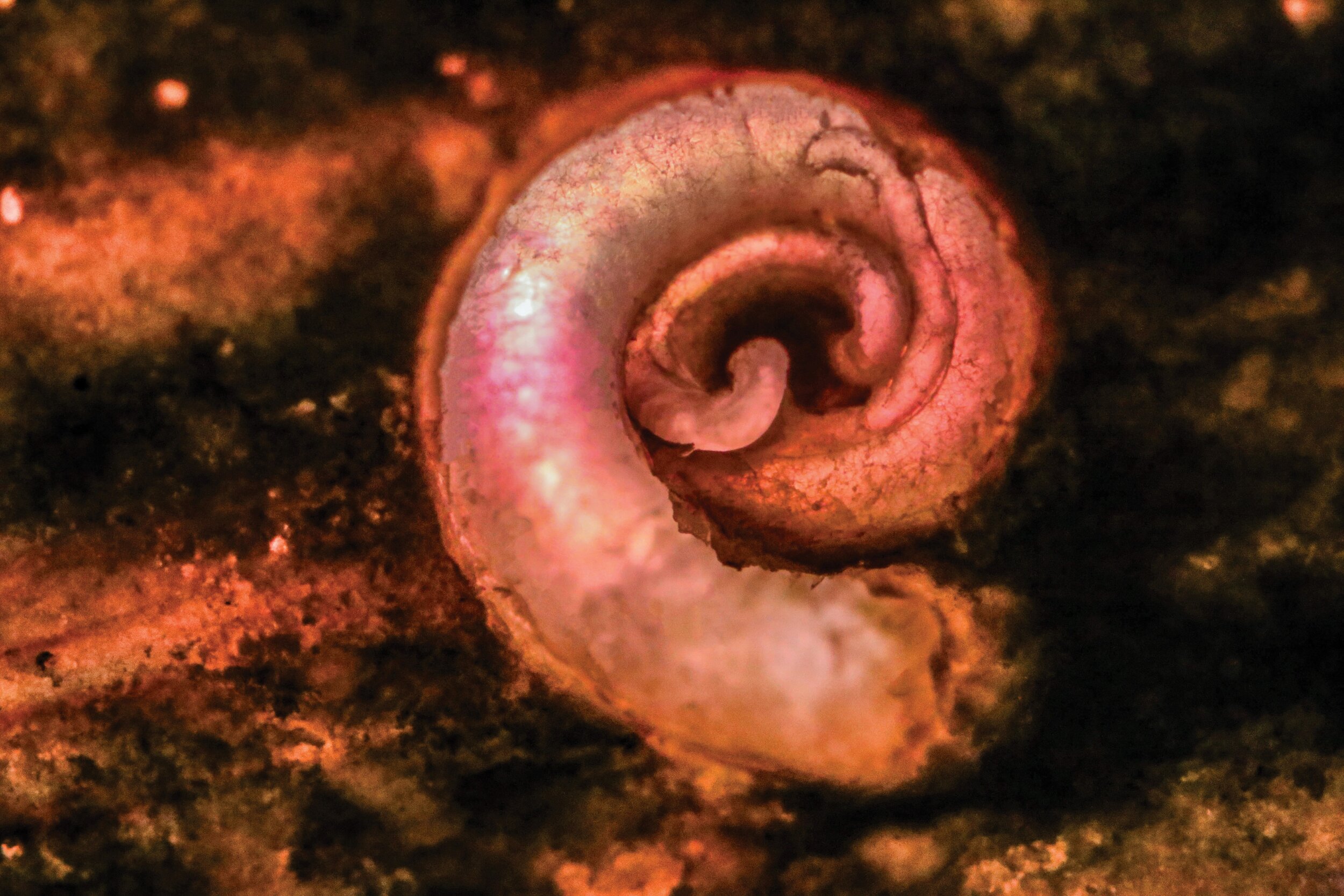
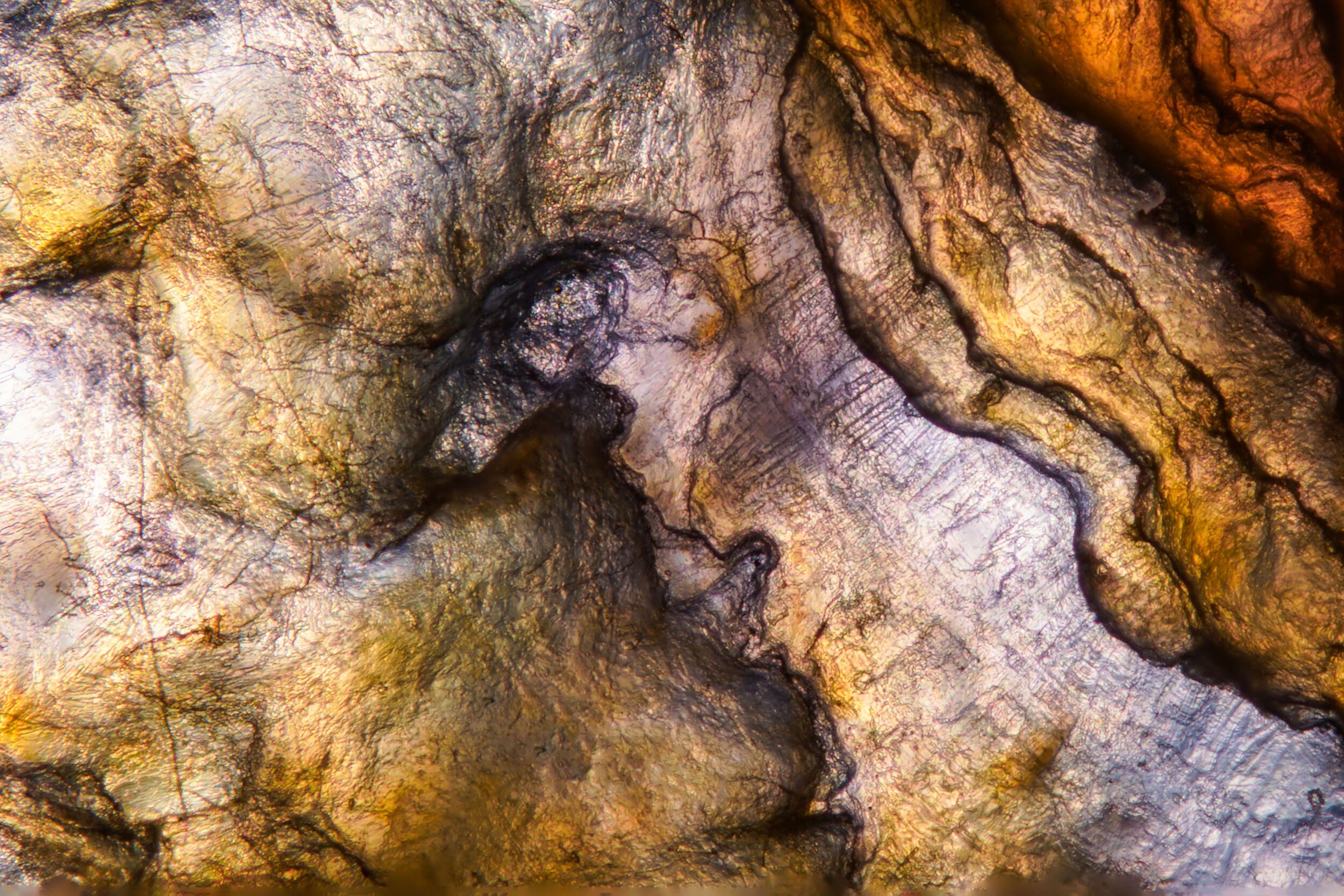
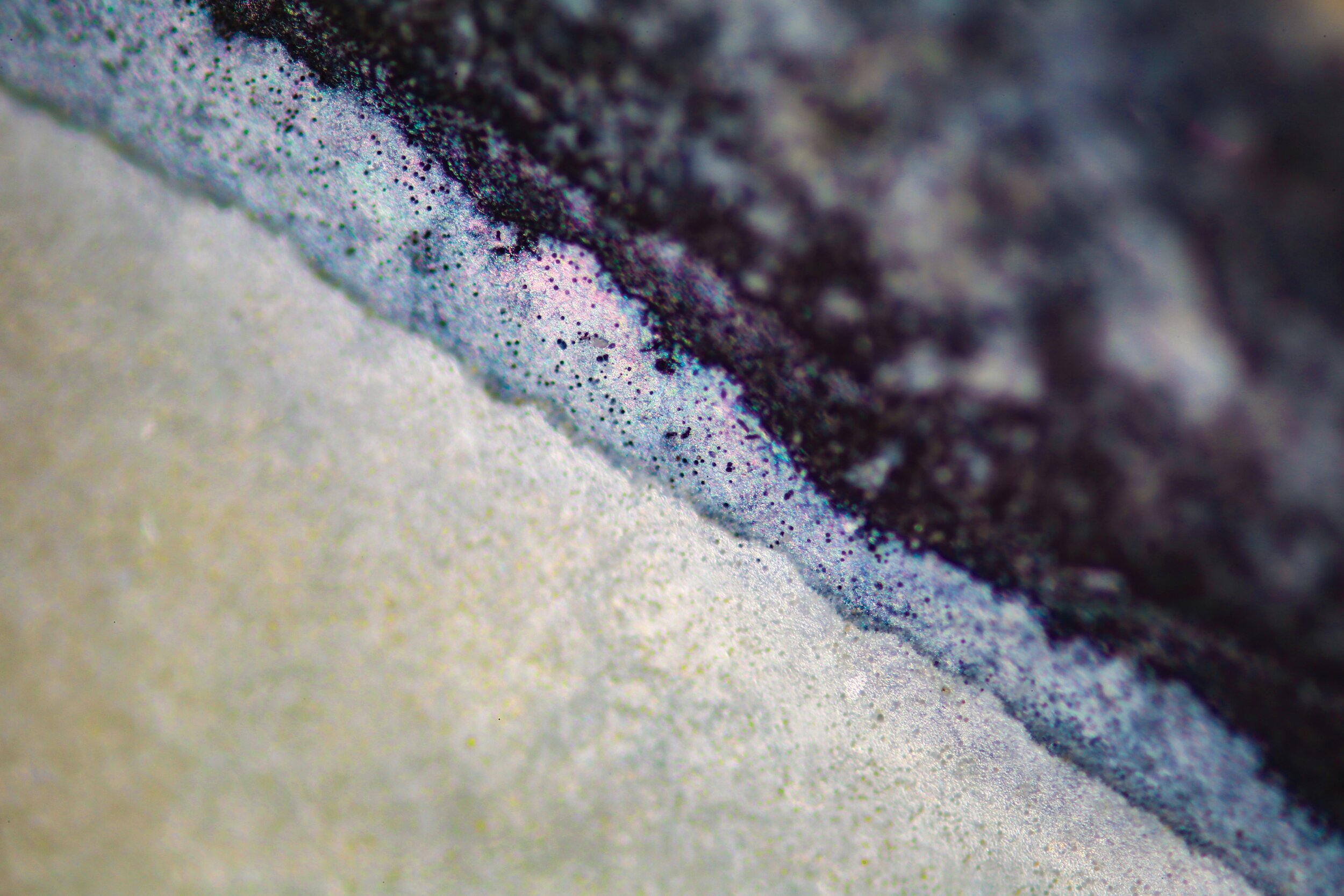
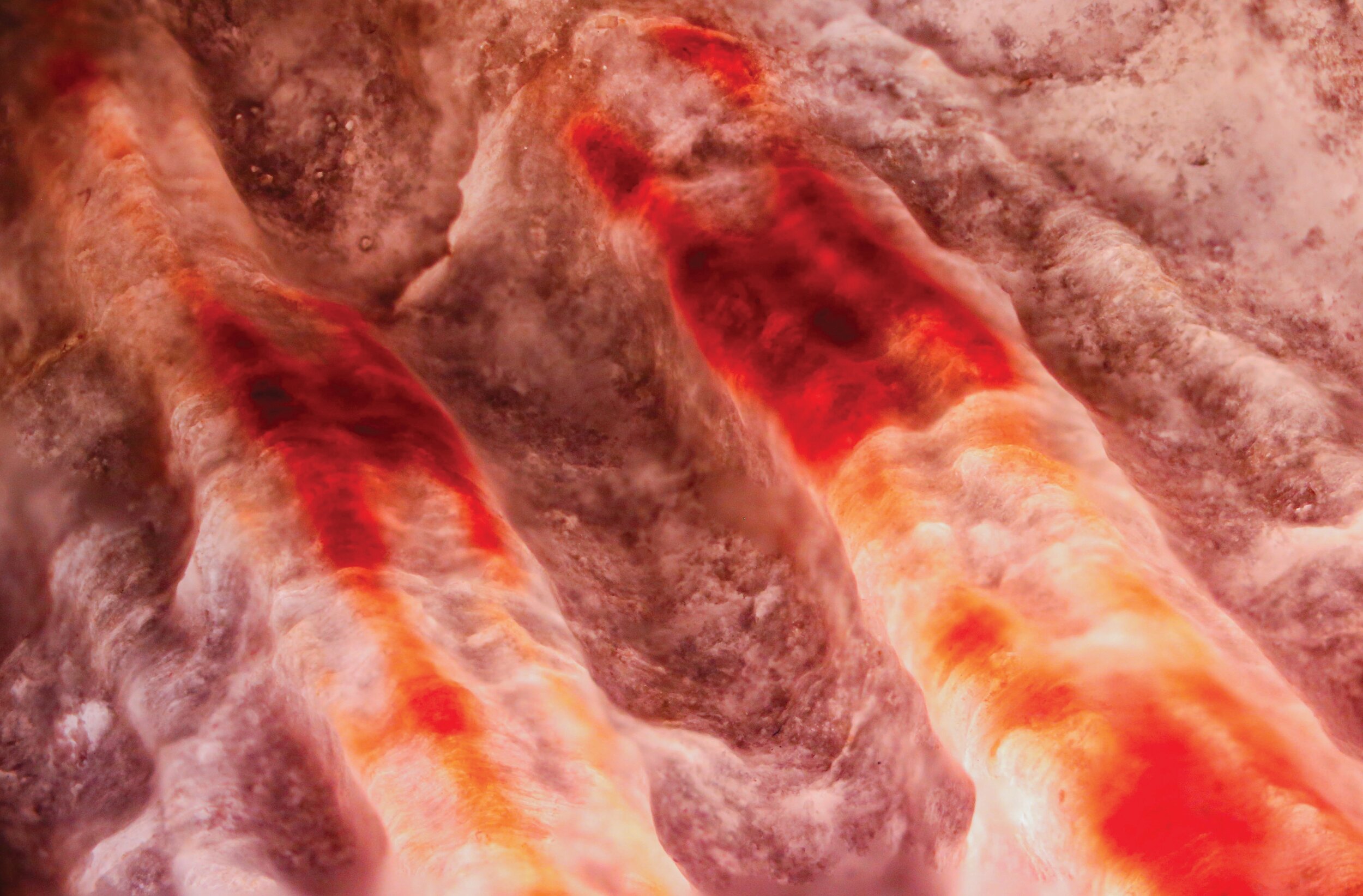
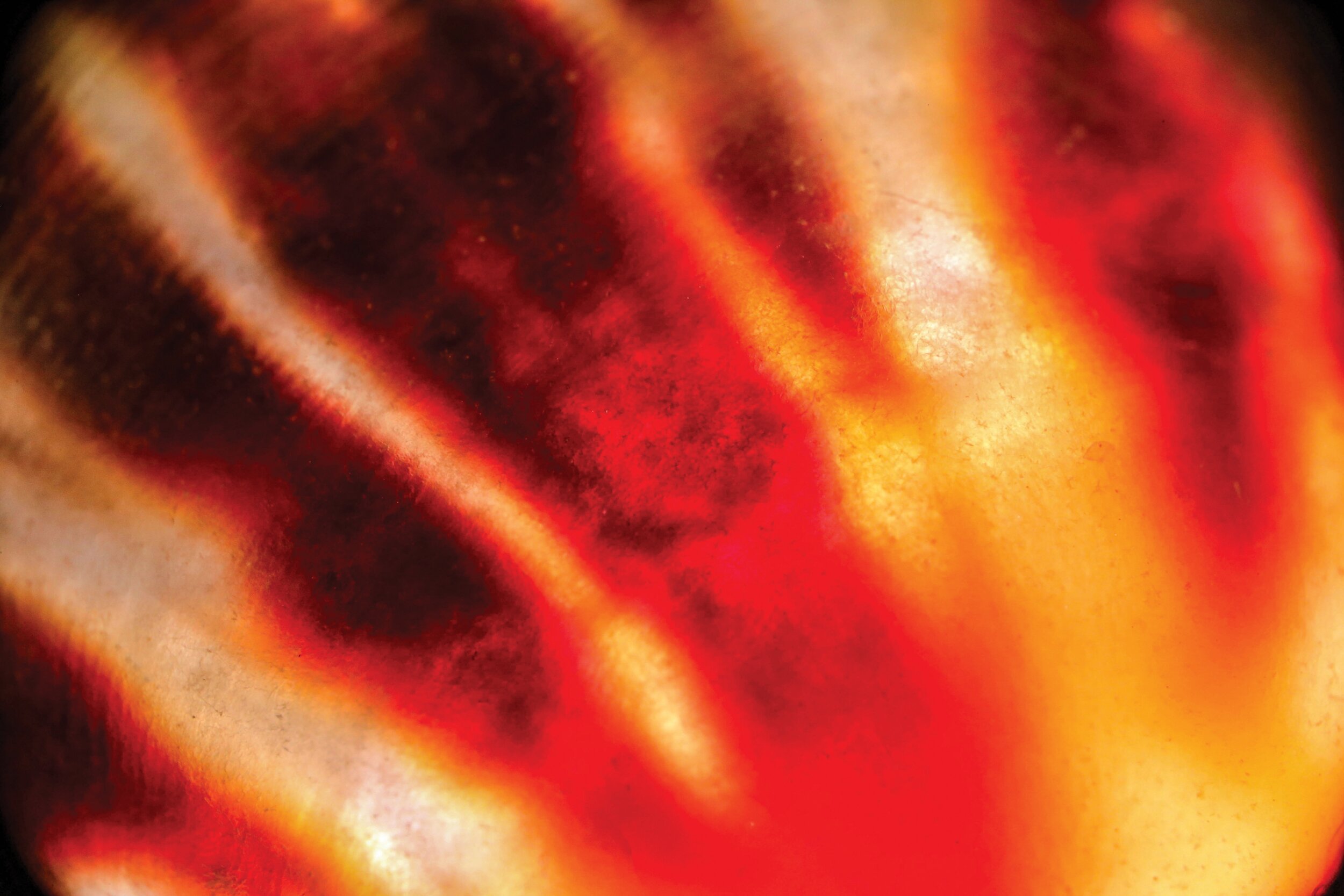
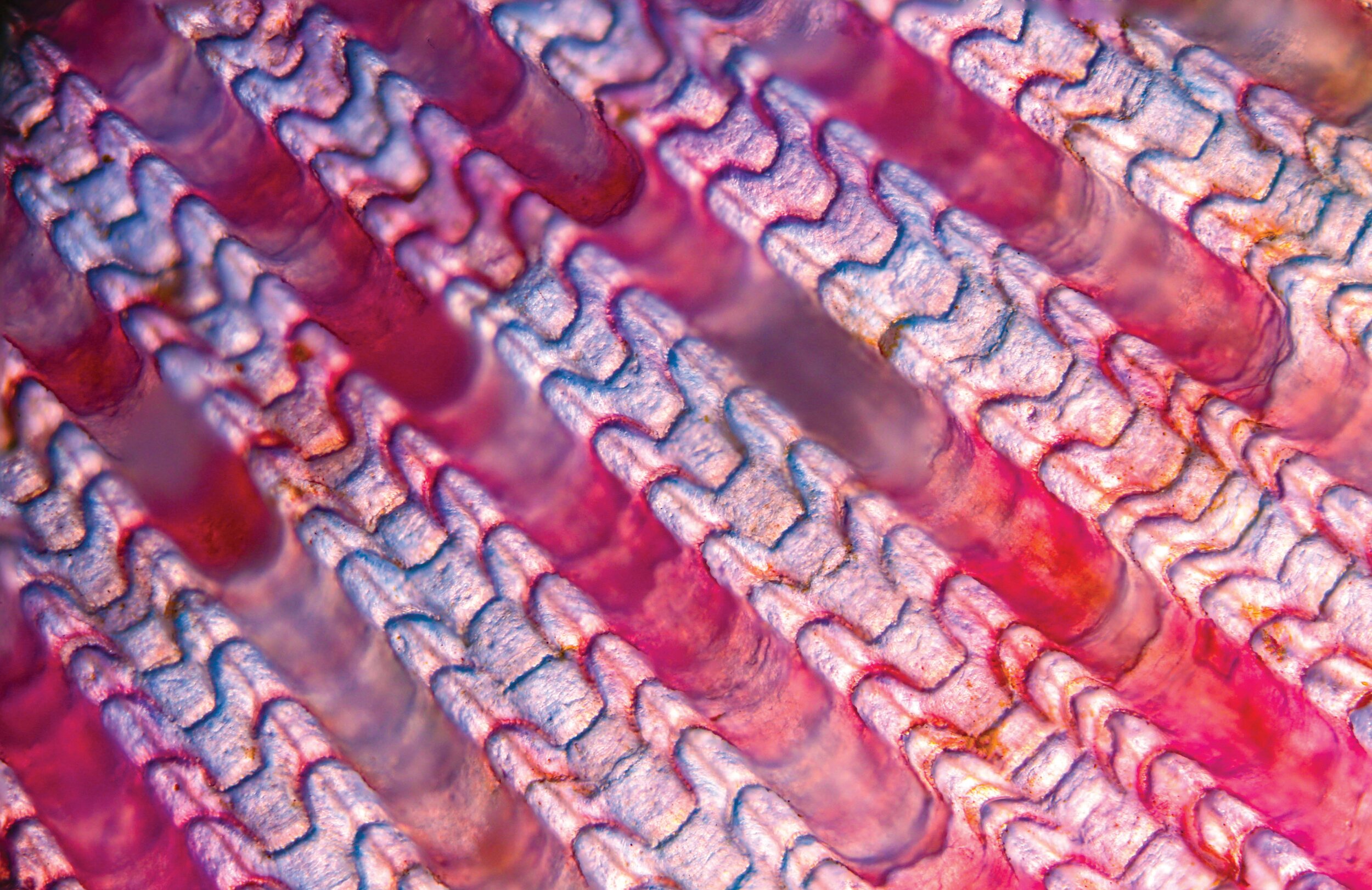
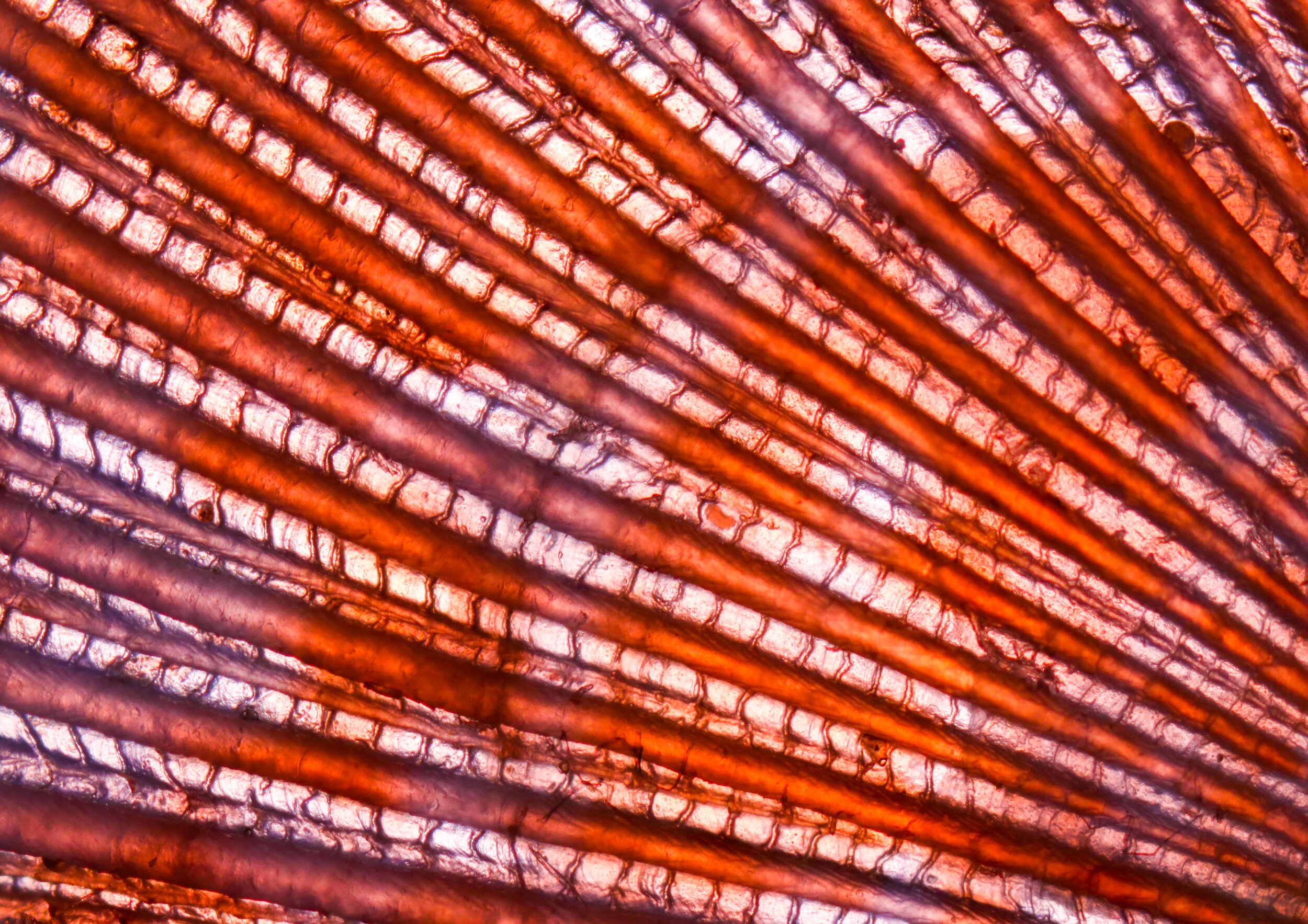
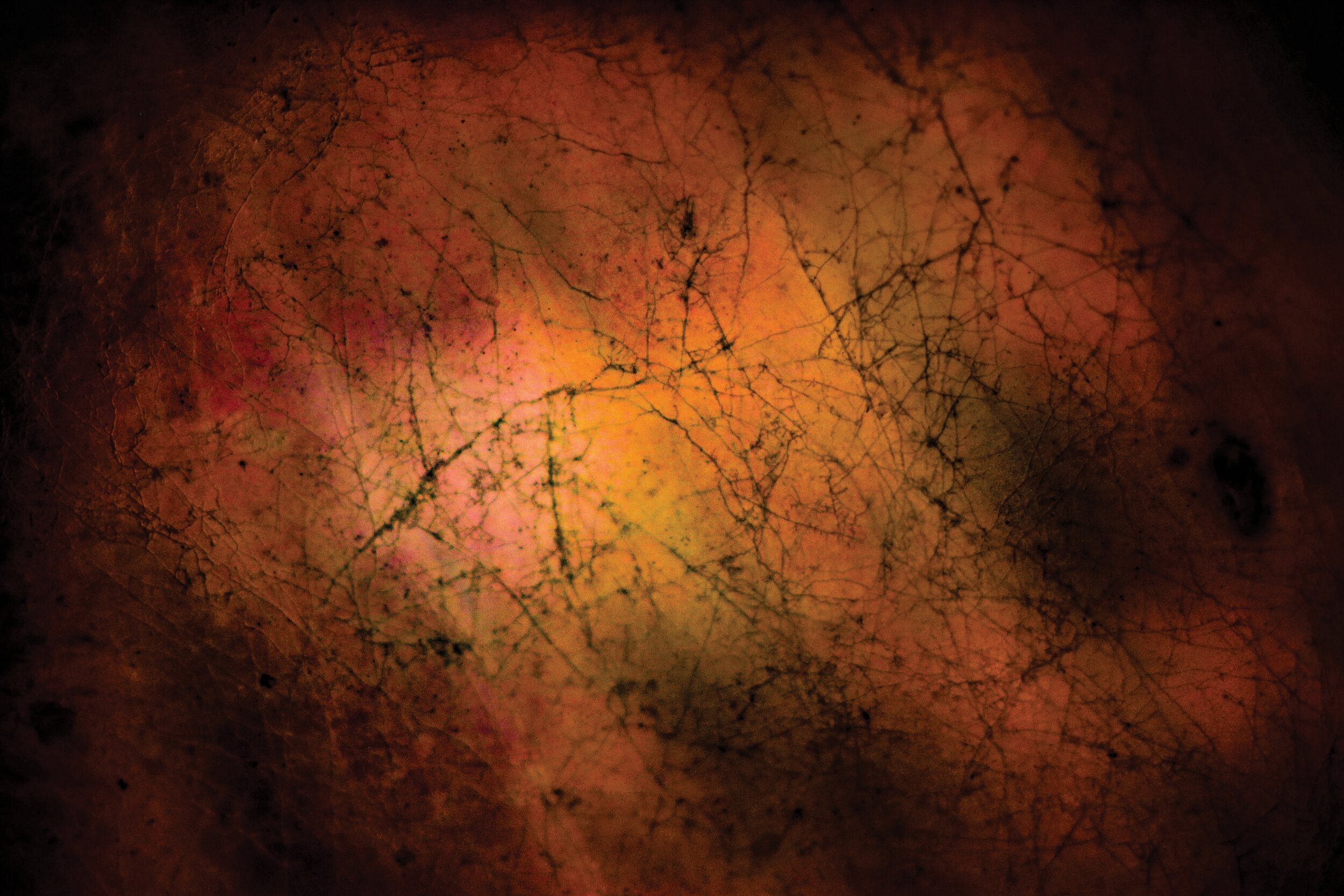
What/who currently inspires you?
I am trying to find my own creative direction for my photography and conservation messaging, and so am very inspired by artists who specialise in nature within their work. My favourite ocean activist is a painter and underwater photographer called Francesca Page. She creates incredible, informative illustrations of a plethora of species, and I love the way that she channels her creativity into conservation. Another artist who inspires me greatly is Meredith Woolnough, who uses three-dimensional embroidery to create pieces inspired by the patterns and forms of nature.
What path did you choose after leaving school?
In school, I spent many years trying to pigeonhole myself into a purely scientific route, as I thought this was the only way I could be successful as a conservationist. This was in spite of the fact that I was consistently being told that more of my potential lied within the artistic elements of my school work. I was so scared of not being seen as 'smart enough' to have a career in conservation, that before university, I was telling myself that if I did an arts degree, I would never be taken seriously. I wanted to go to university, but couldn't find a course that I felt suited me. Once I found out about Marine and Natural History Photography, this completely changed. Whilst at university, I realised that I could combine my love of art and science to bridge the gap between them, rather than simply choosing one or the other. This has become an increasingly reinforced message in recent years, that science needs communicators to get people engaged with it.
Since graduating, I have travelled to complete my divemaster and scientific diver qualifications and started volunteering at a local rewilding centre. I am currently working on building a stronger technical foundation for my underwater photography in order to be able to create more engaging images that successfully convey powerful messages about the marine environment.
What do you value most in life?
My relationships with other people, being able to spend time outside, and music.
What would you most like to change in the world/environment today?
I would like to encourage people to be more empathetic towards each other. I am at high risk of sounding incredibly clichéd here, but we really cannot help each other or the natural world without slowing down and taking the time to understand each other's difficulties, instead of adopting an 'us and them' mentality.
Are there any books/documentaries that have guided your thinking?
All of the classic Attenborough blue-chip BBC documentaries inspired me when I was growing up, but I was particularly excited about Blue Planet. It seemed to really have an impact on the public and connected them with an environment that a lot of people feel alienated from. This method of creating an emotional impact is very important in getting conservation efforts to last, but without overloading people to the point that they become numb to it. It's a very difficult balance to strike.
In terms of books, I have always been more of a non-fiction reader, one of my favourites being 'Blue Mind' by Wallace J. Nichols. I also really like 'Other Minds' by Peter Godfrey-Smith, which is about how cephalopods have reached a very similar level of intelligence to us, even though we have been evolving separately for millions of years. 'Spineless' by Juli Berwald is one I am enjoying at the moment, about the evolution of jellyfish and their relatives. I also like the writing style of Helen Scales, a marine biologist who is very good at creating educational books about marine life, and teams up with great illustrators to create very engaging books.
However, I would have to say that one person was particularly catalytic in guiding my thinking - Steve Irwin. I was obsessed with him as a kid, and his enthusiasm for all animals is what I feel has given me the drive to not only protect the species that people are already fond of, but to try to get people to care about the ones that are surrounded by misconception. I've always been fascinated by spiders, crocodiles and other 'scary' animals that not many other people seem to love, and I want to get people to see why they are really important, too.
What legacy do you hope to leave?
I don't think I have ever given this very much thought as I'm so focused on trying to establish myself in the first place. But I would like to leave a legacy of empathy and understanding of others, because conservation really comes down to people. The more we can foster a positive environment for each other, the more people will feel that they have enough energy to help a cause, such as helping the natural world recover. I would also love to reach the end of my life having contributed towards changing the narrative around species which are disliked by the general population, helping people to understand how every animal has a function within an ecosystem.
What advice would you give to anyone looking to follow their dreams as an ocean Storyteller?
Focus on your target audience; who are you trying to reach and what do you want them to know? This is realistically more important than developing a standout style to try to make you more memorable. Tell stories about subjects you are passionate about; this will create much more impactful work. You cannot give a story the attention it needs to do well if you are distracted by thoughts of something you'd rather be doing.
